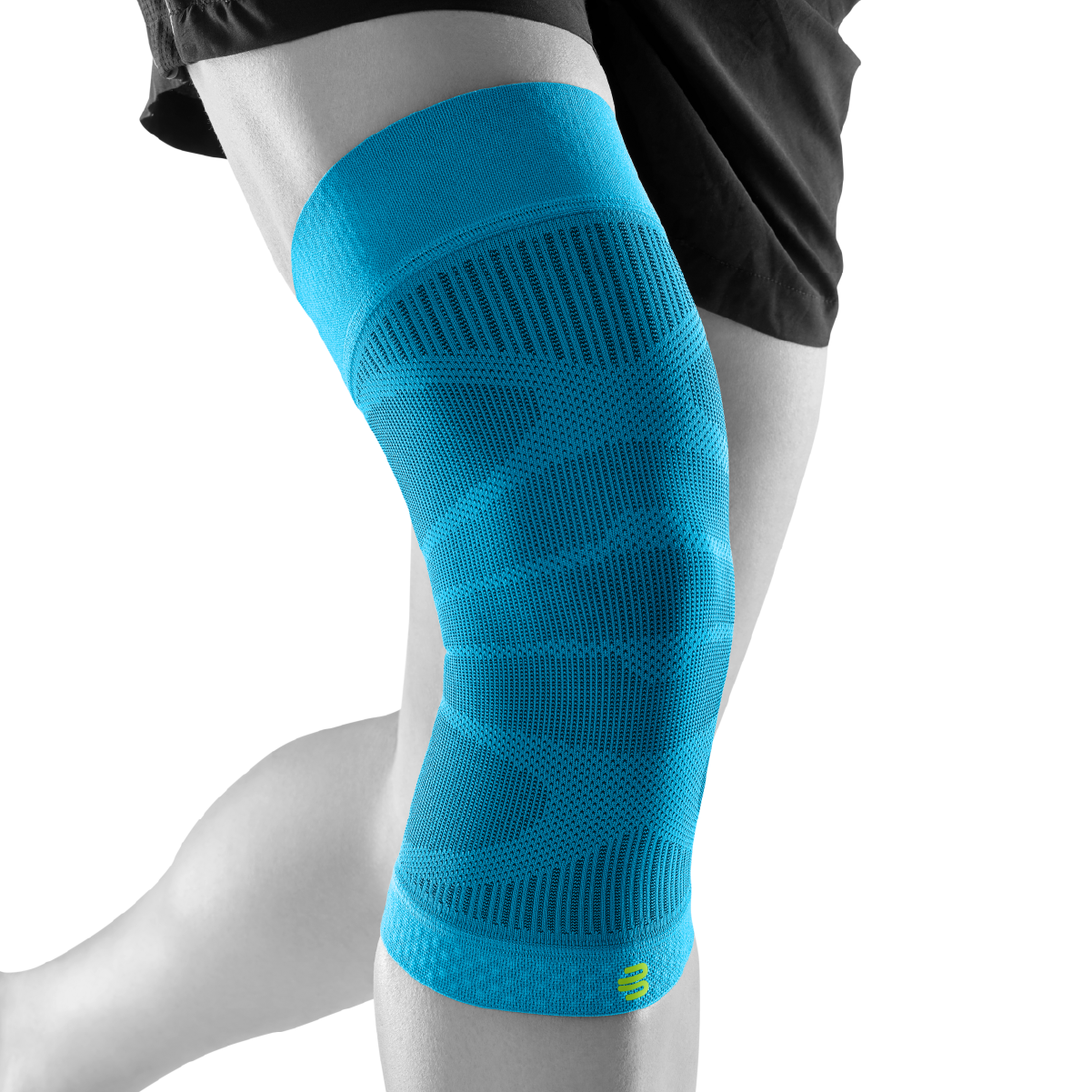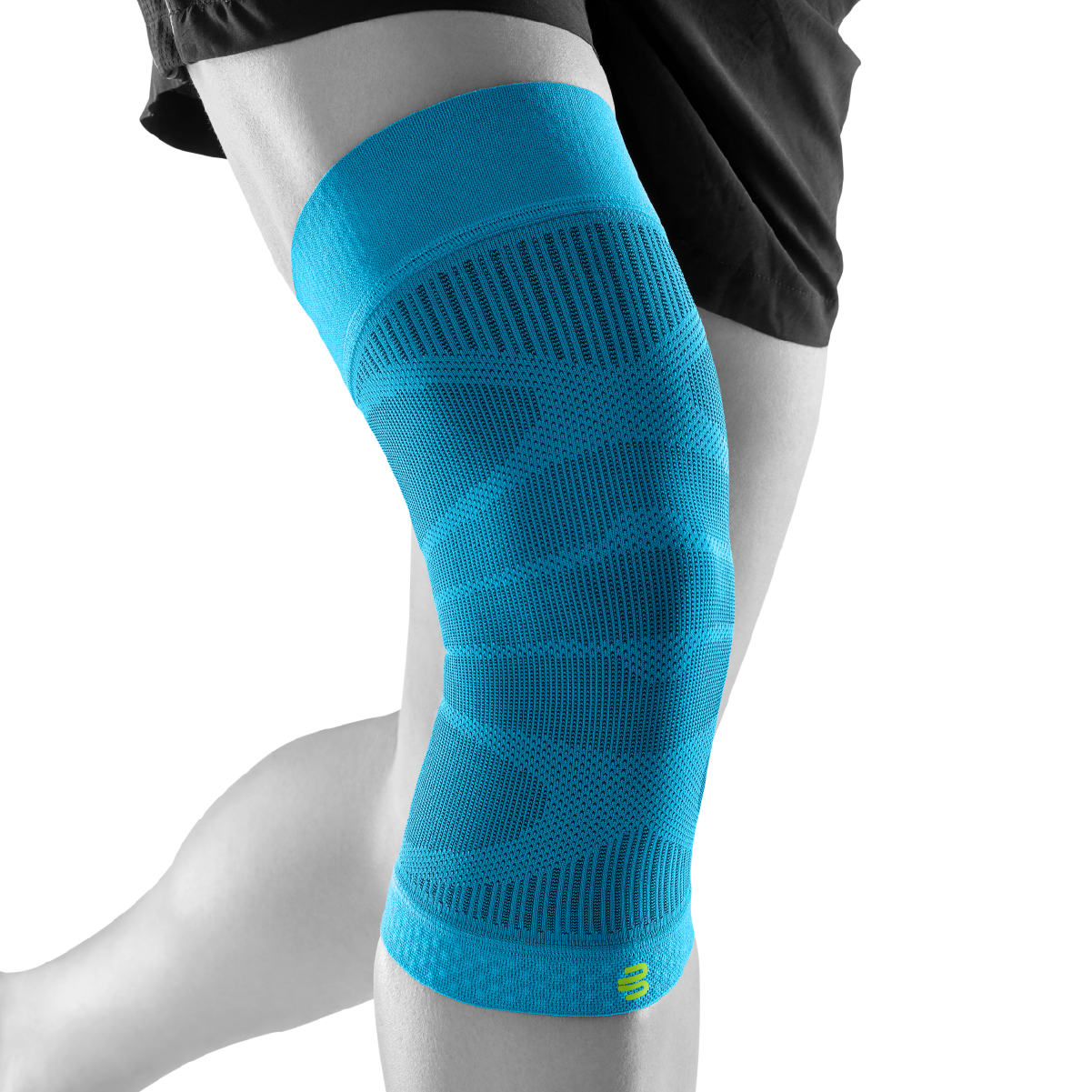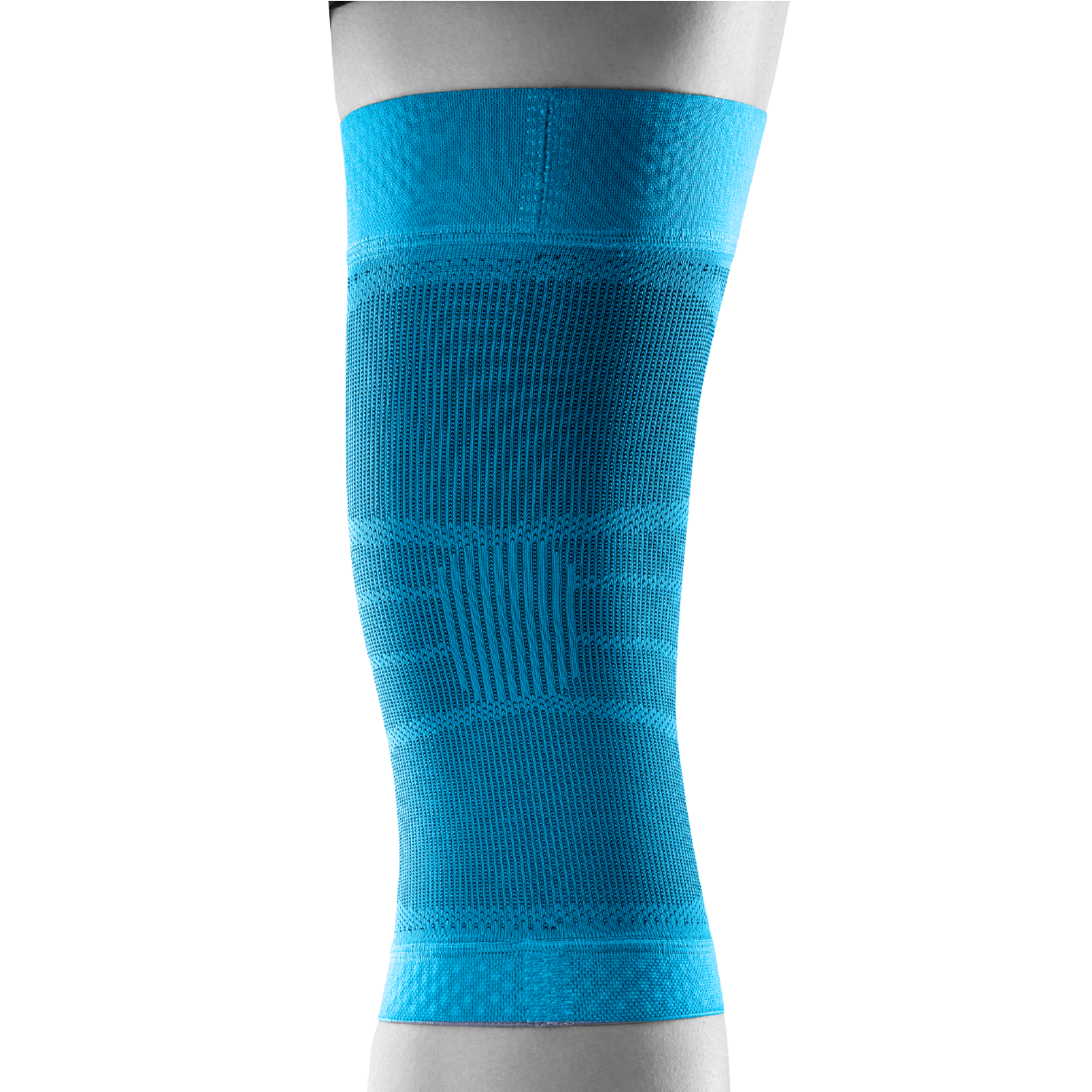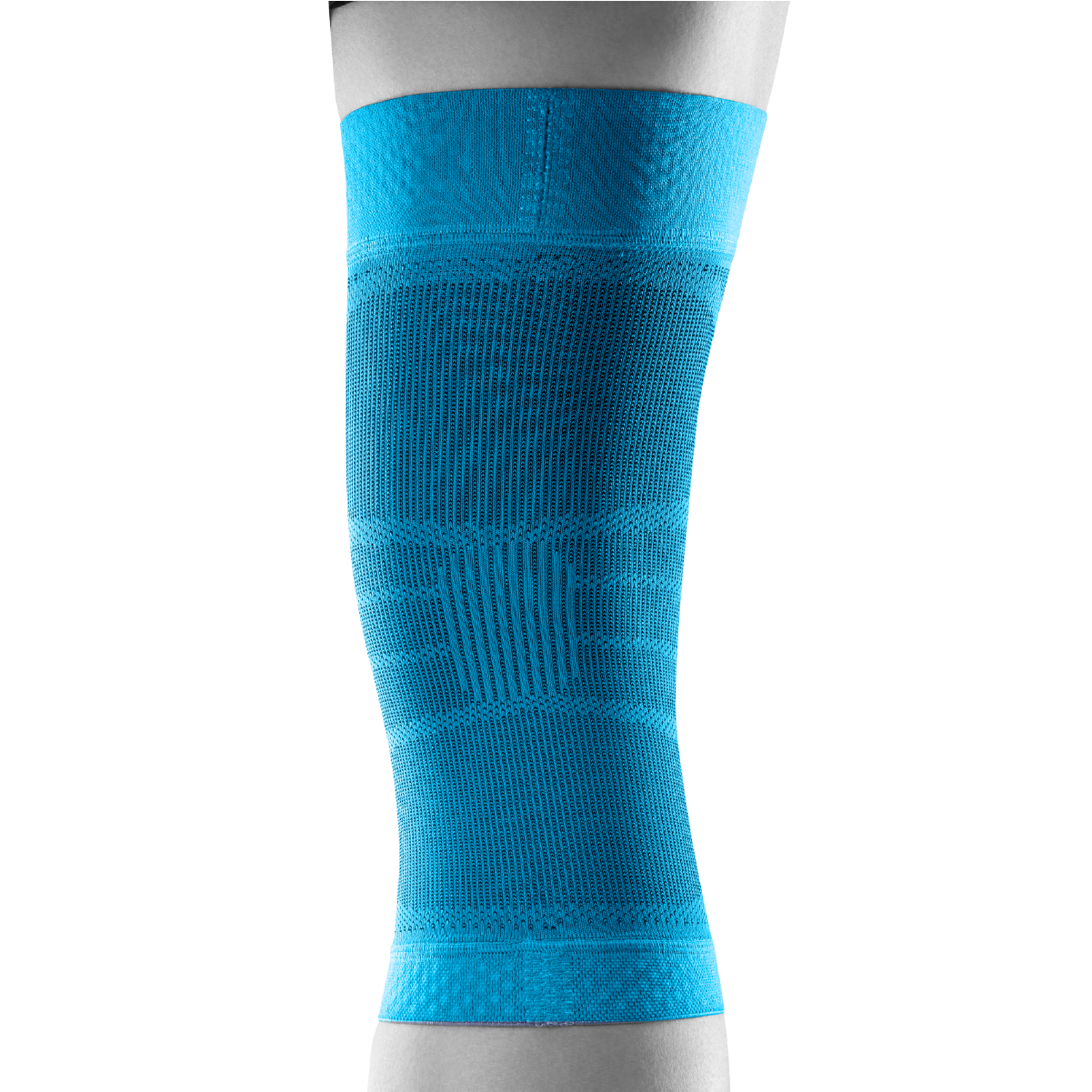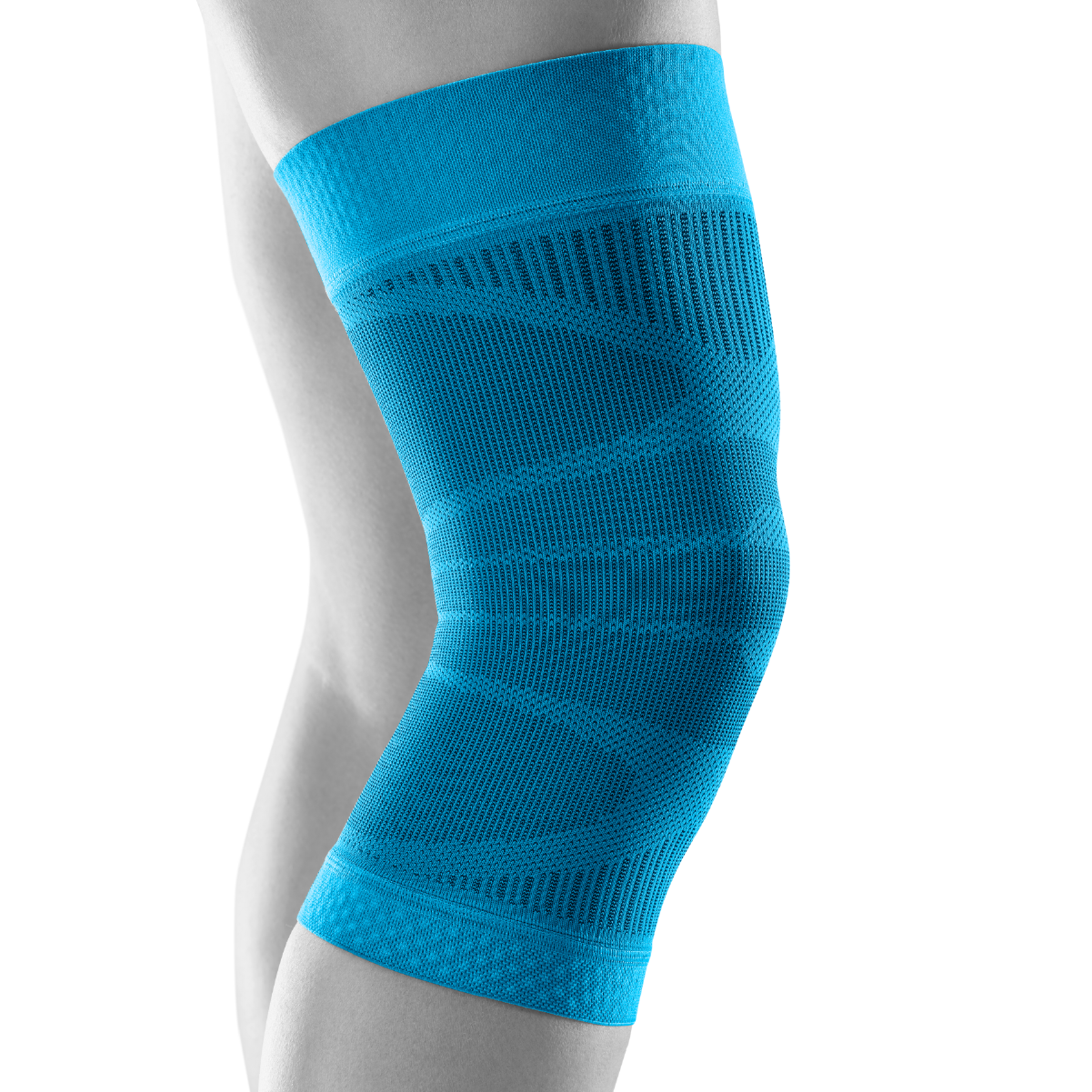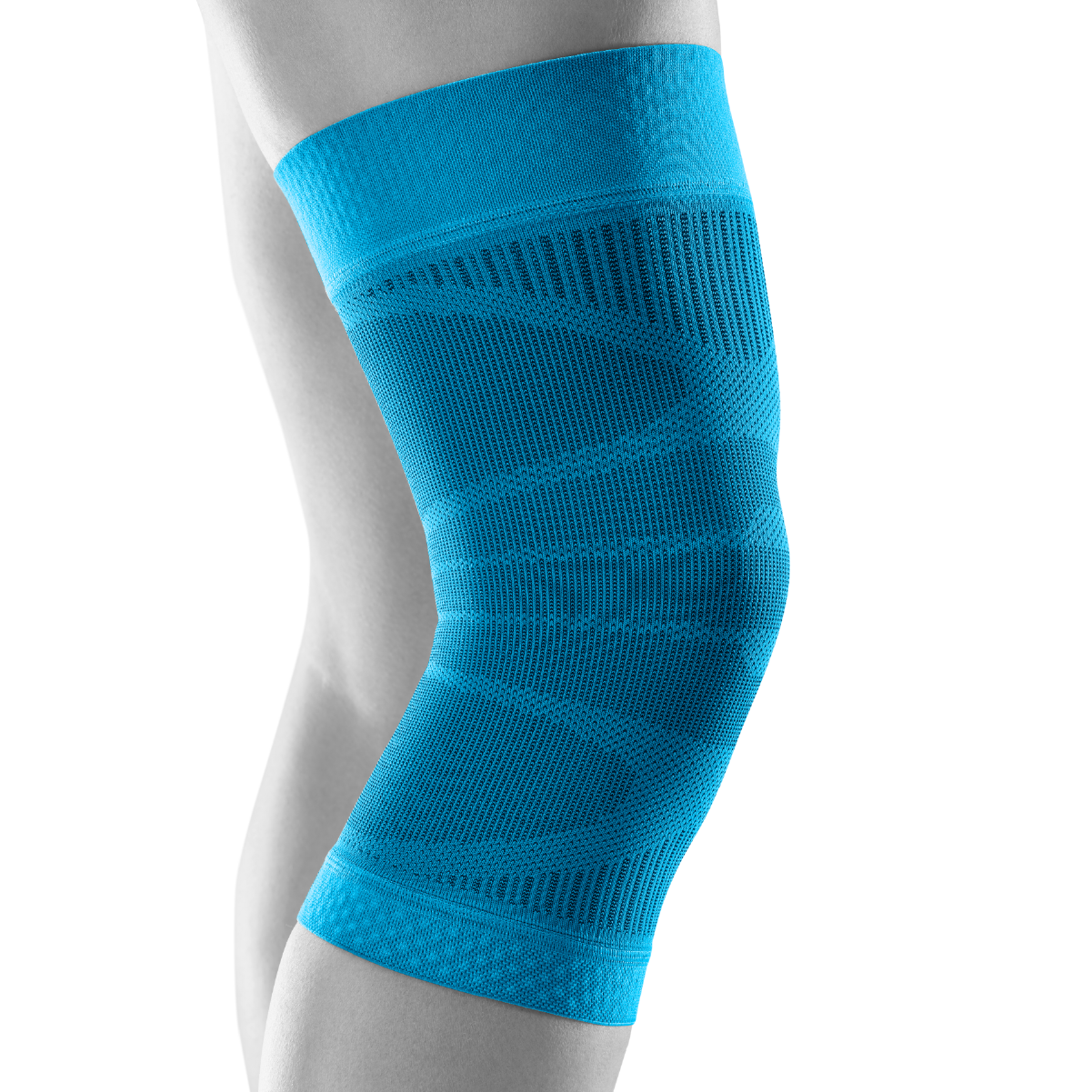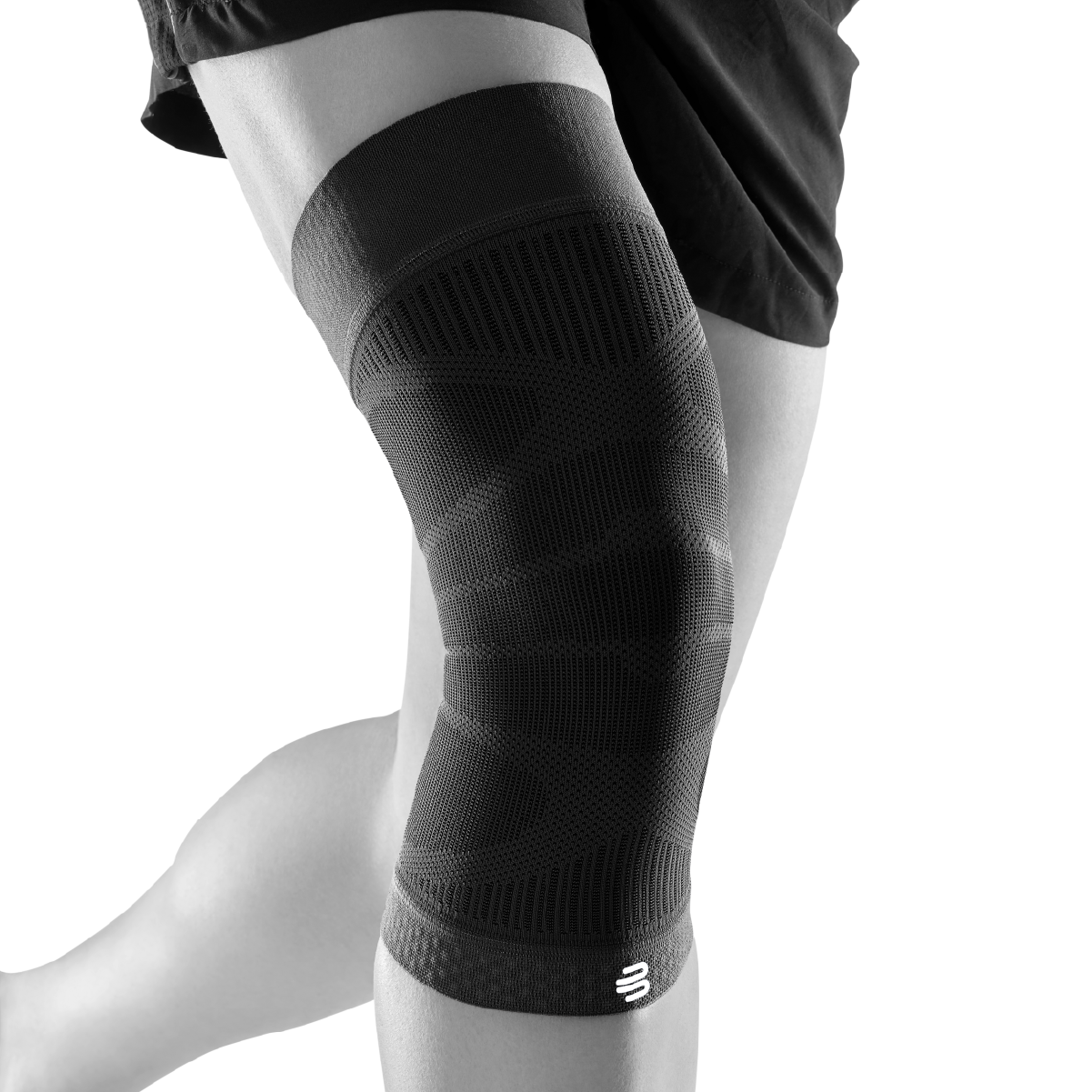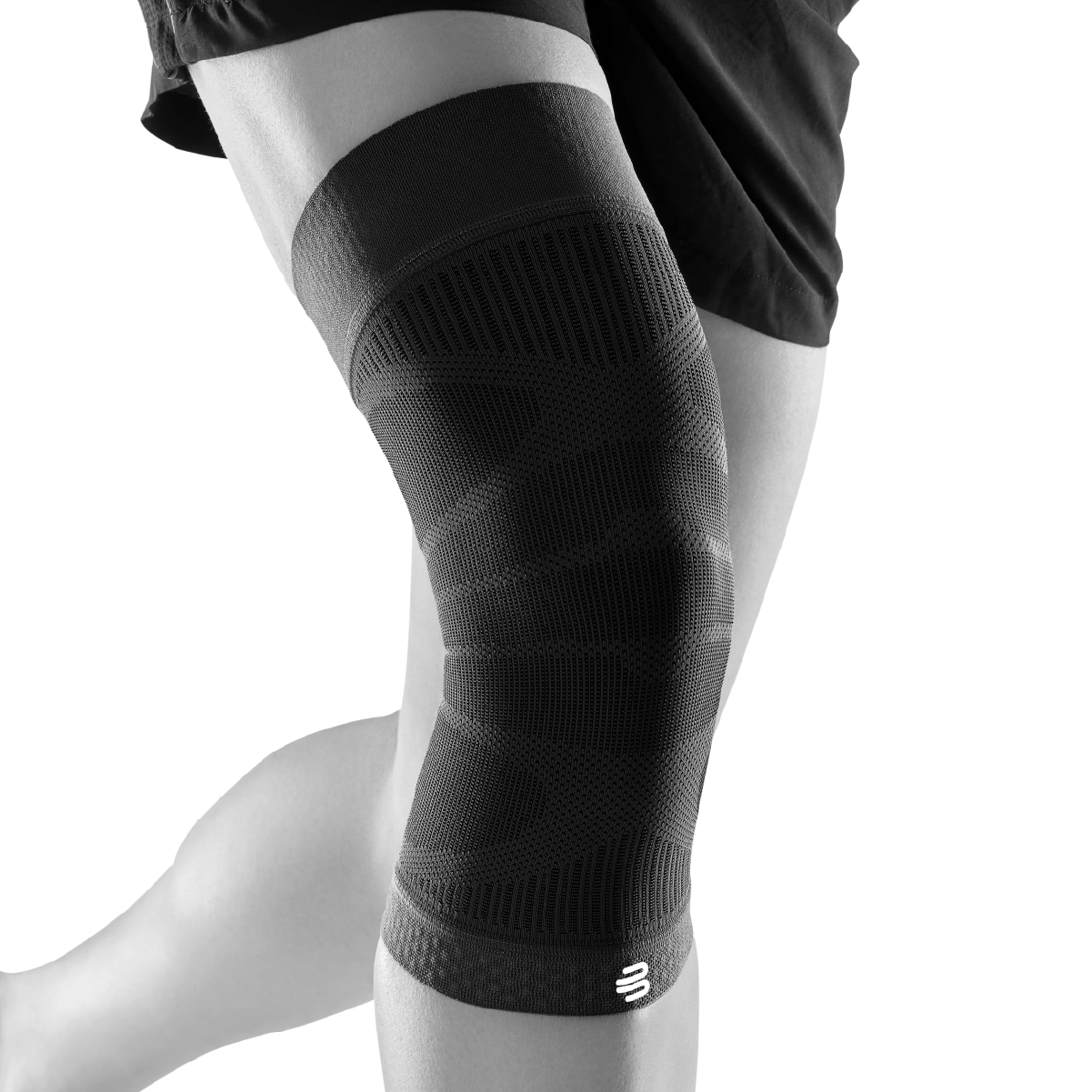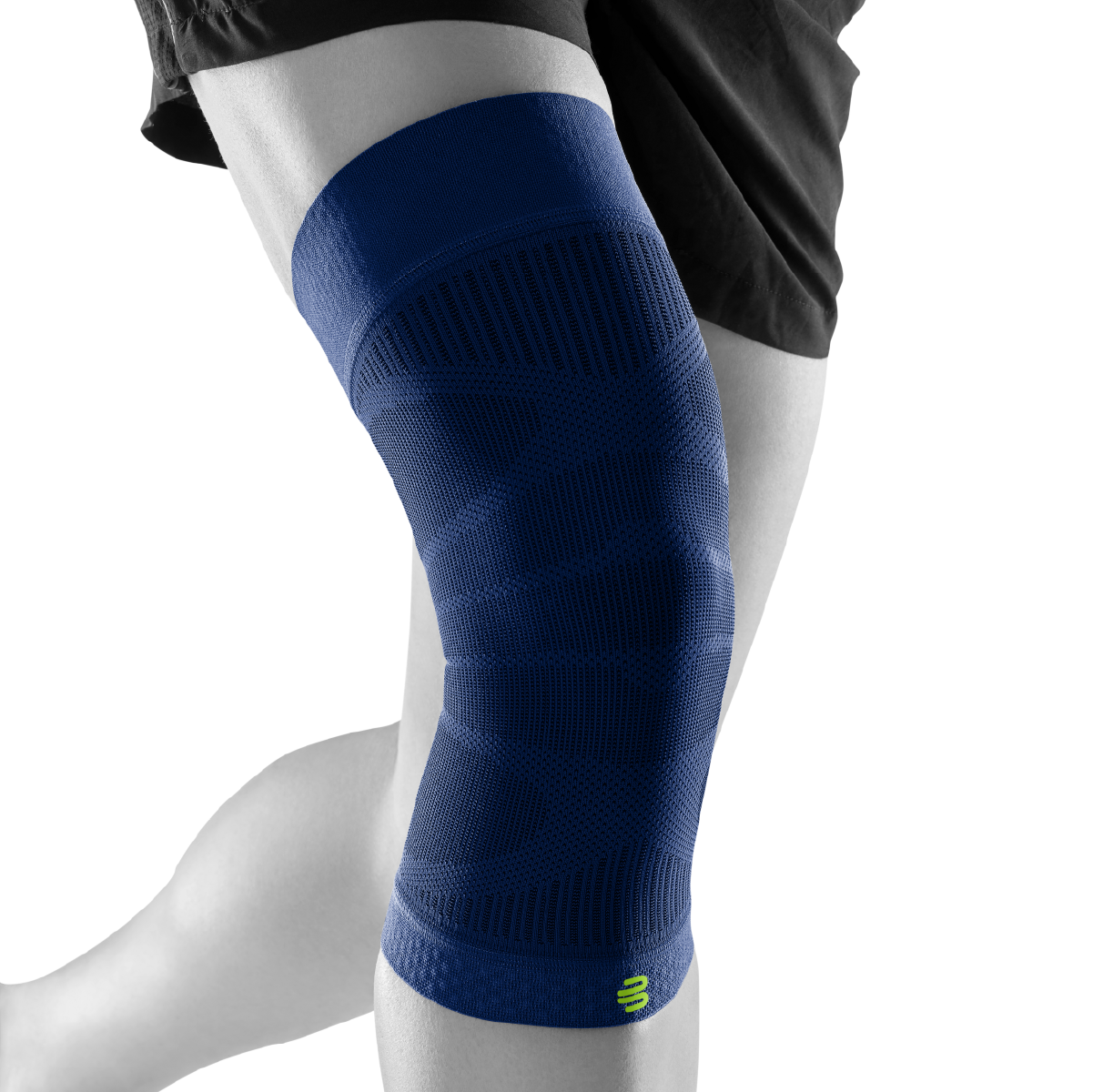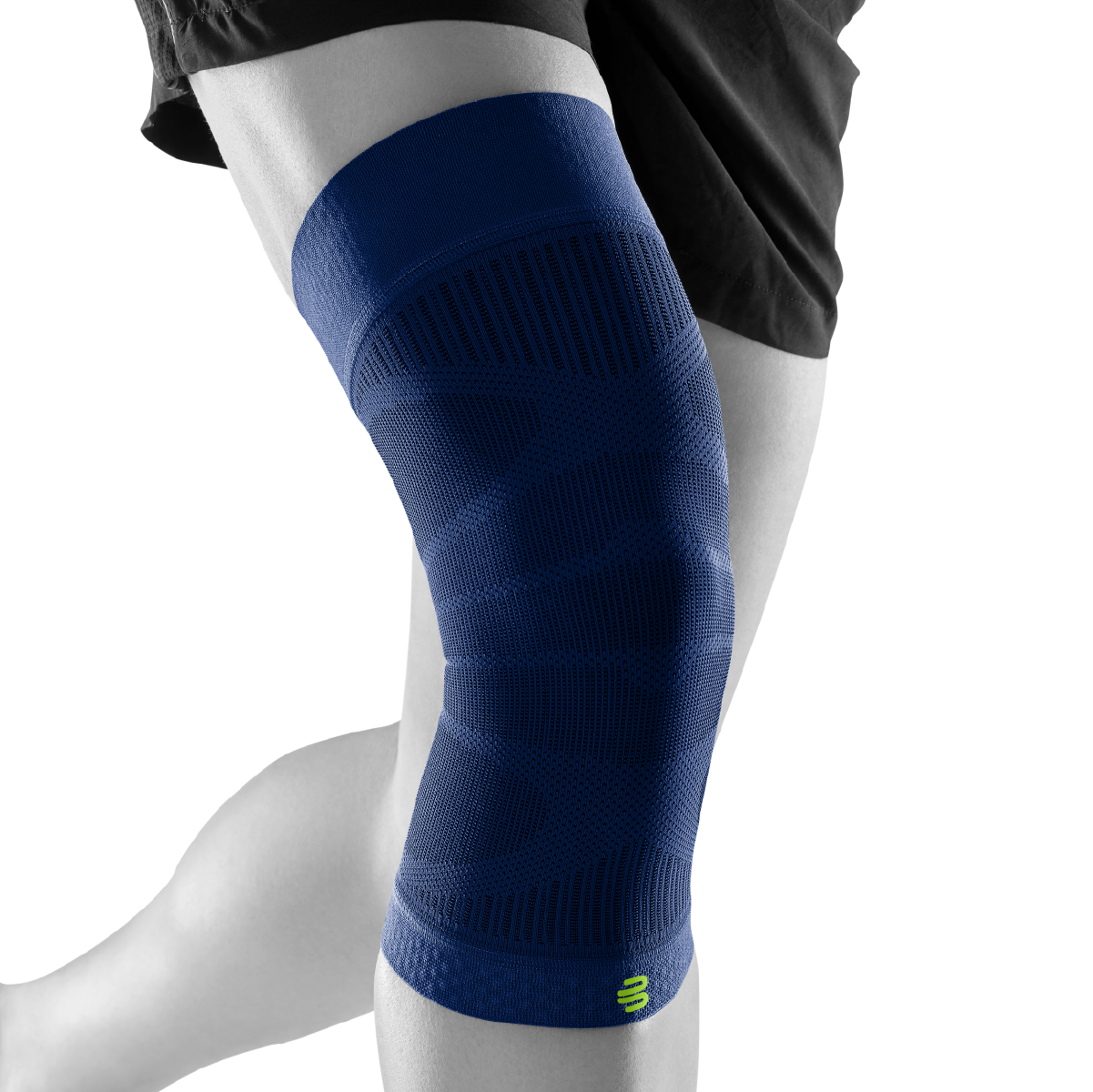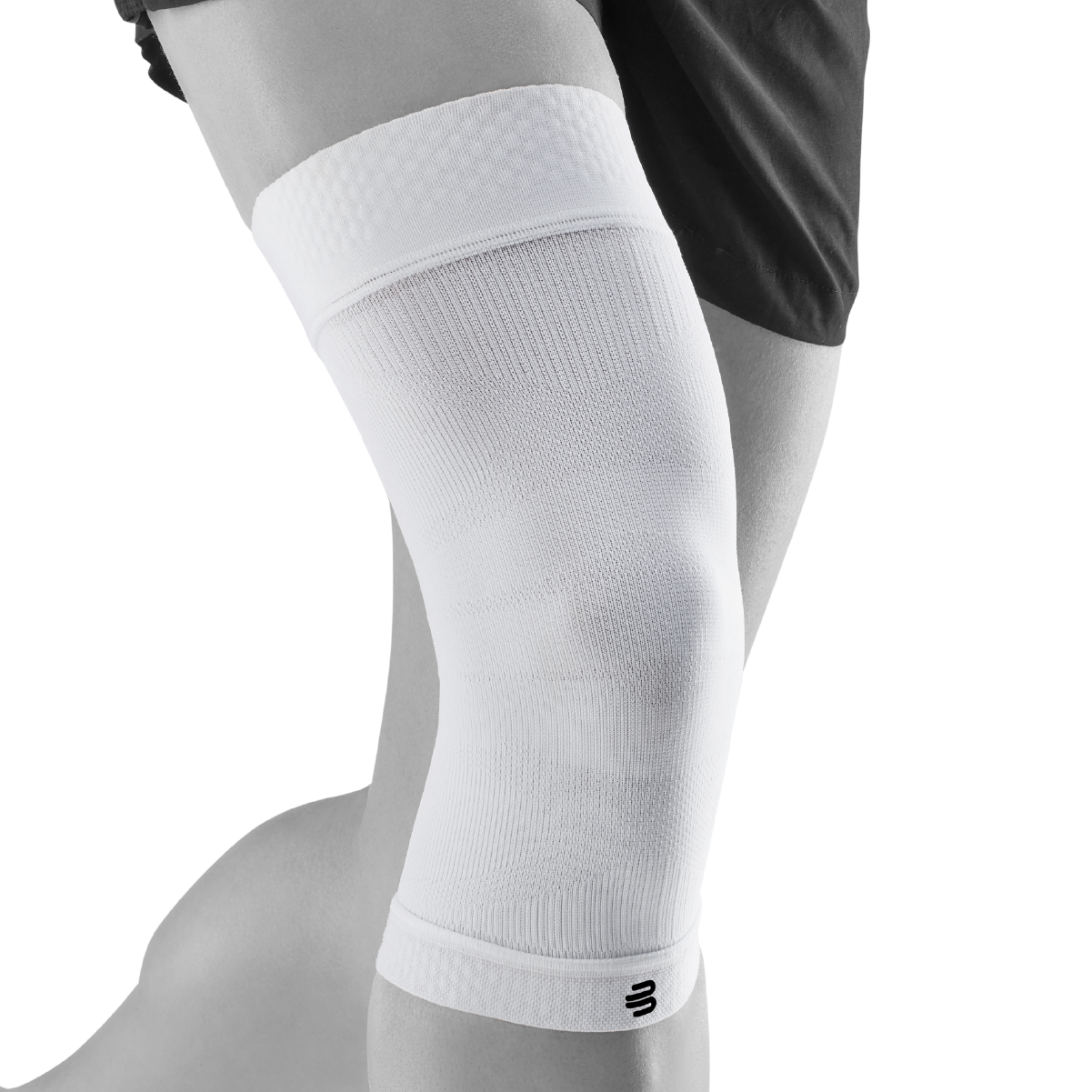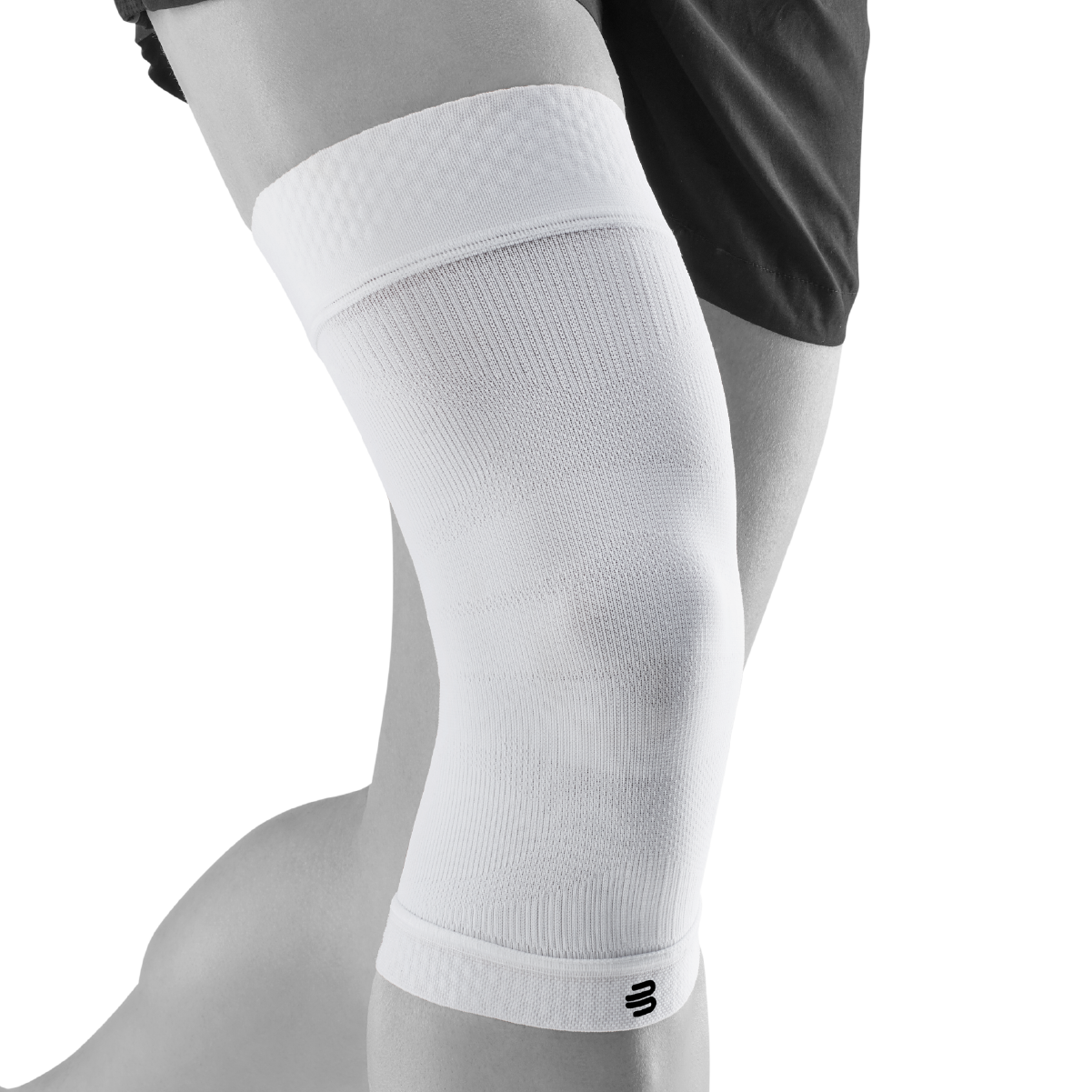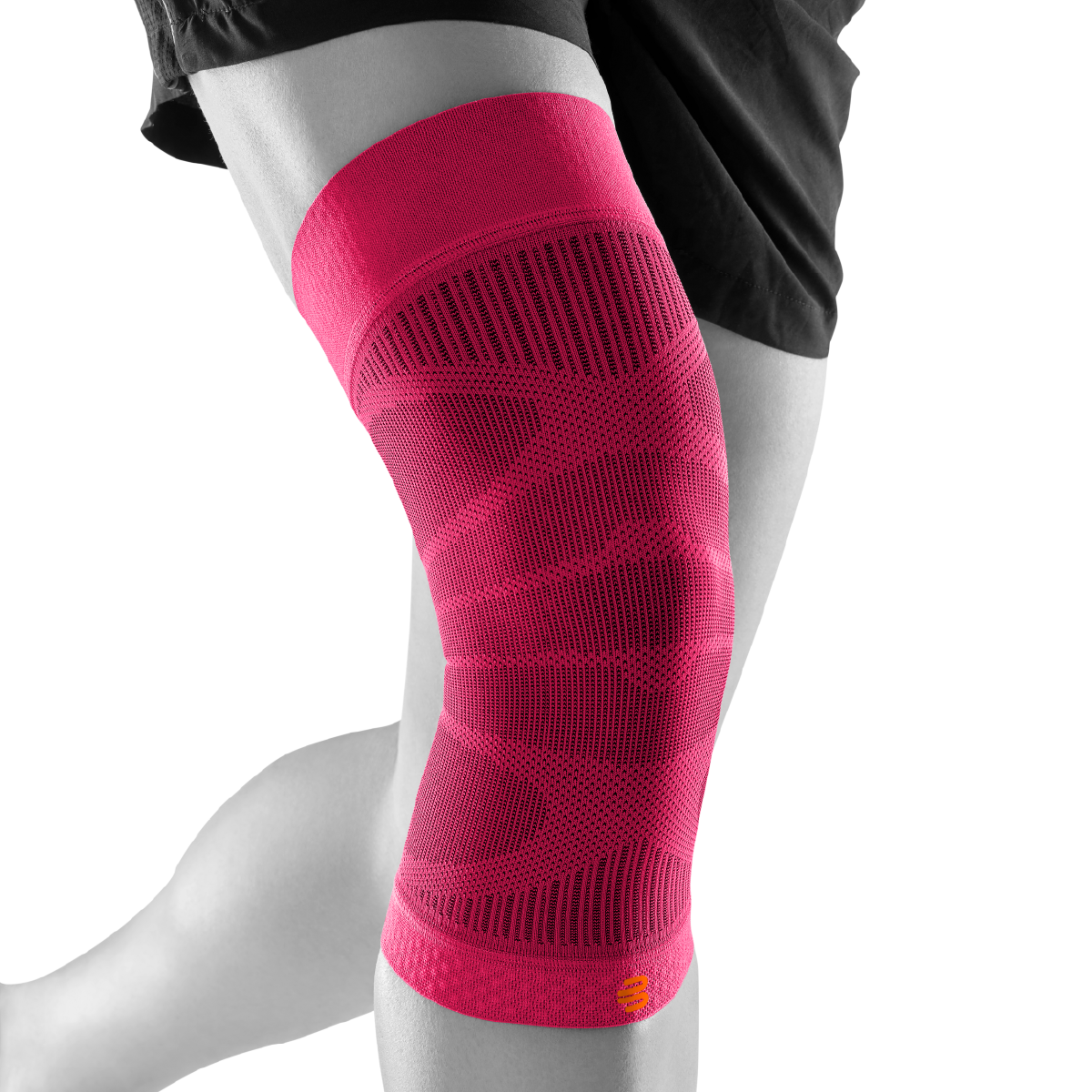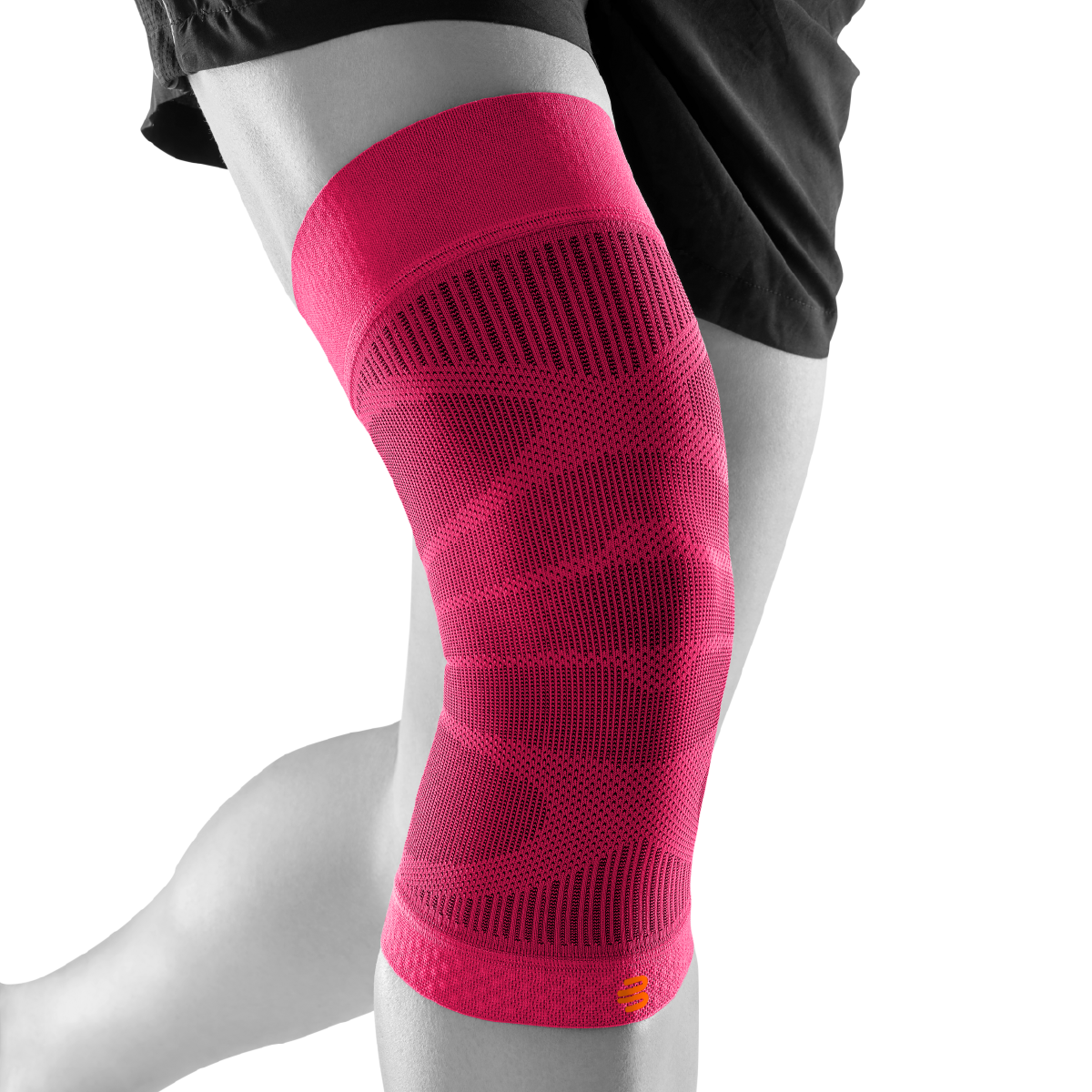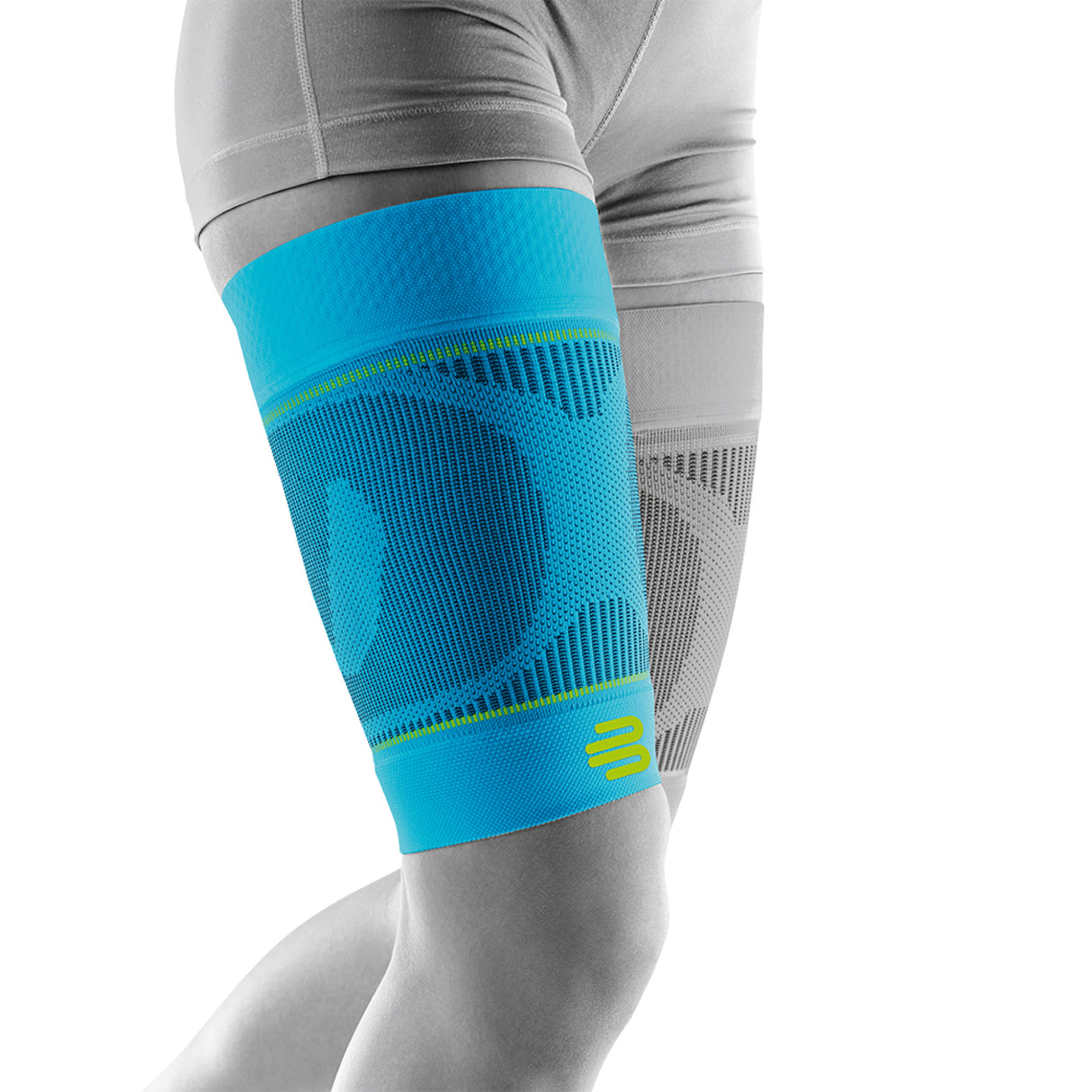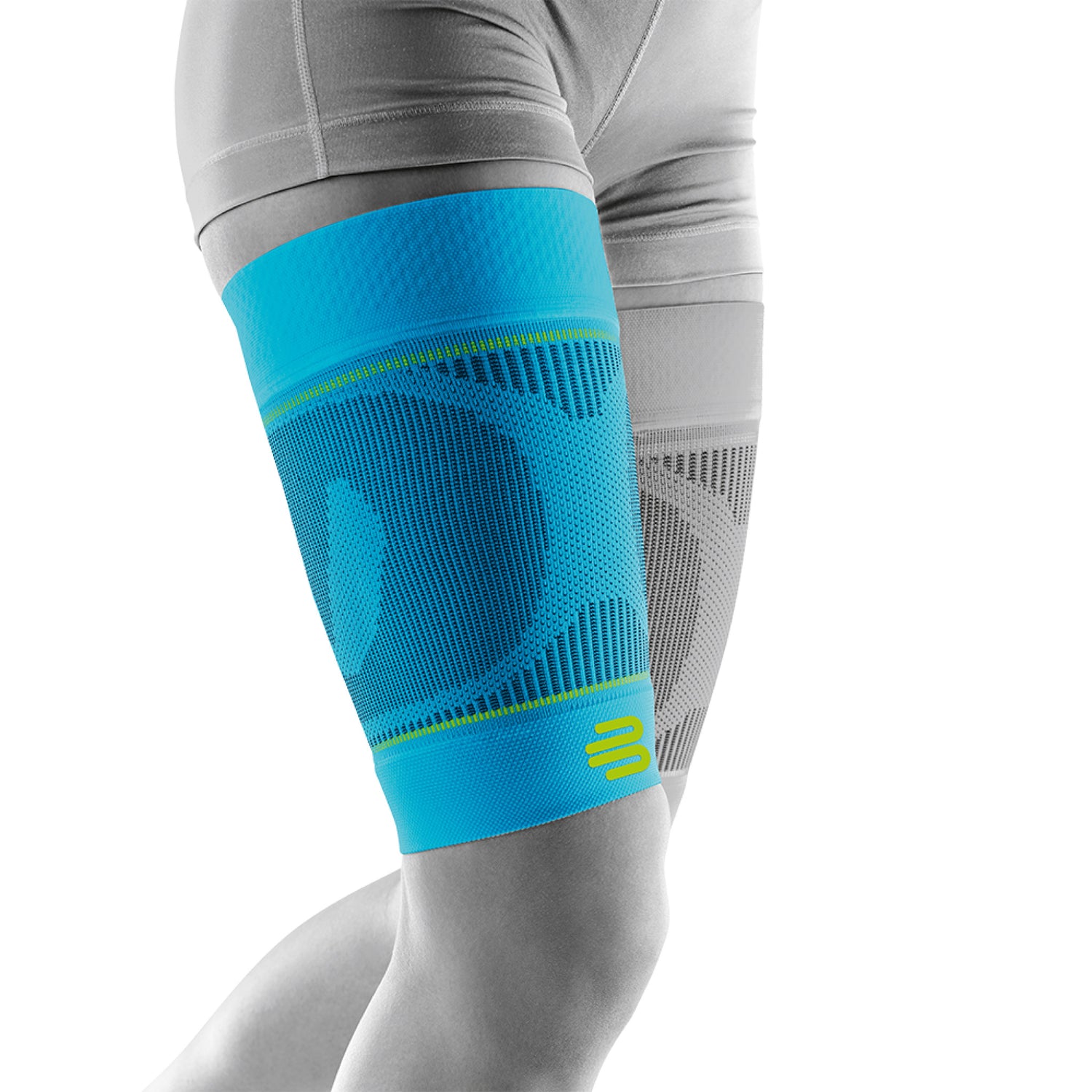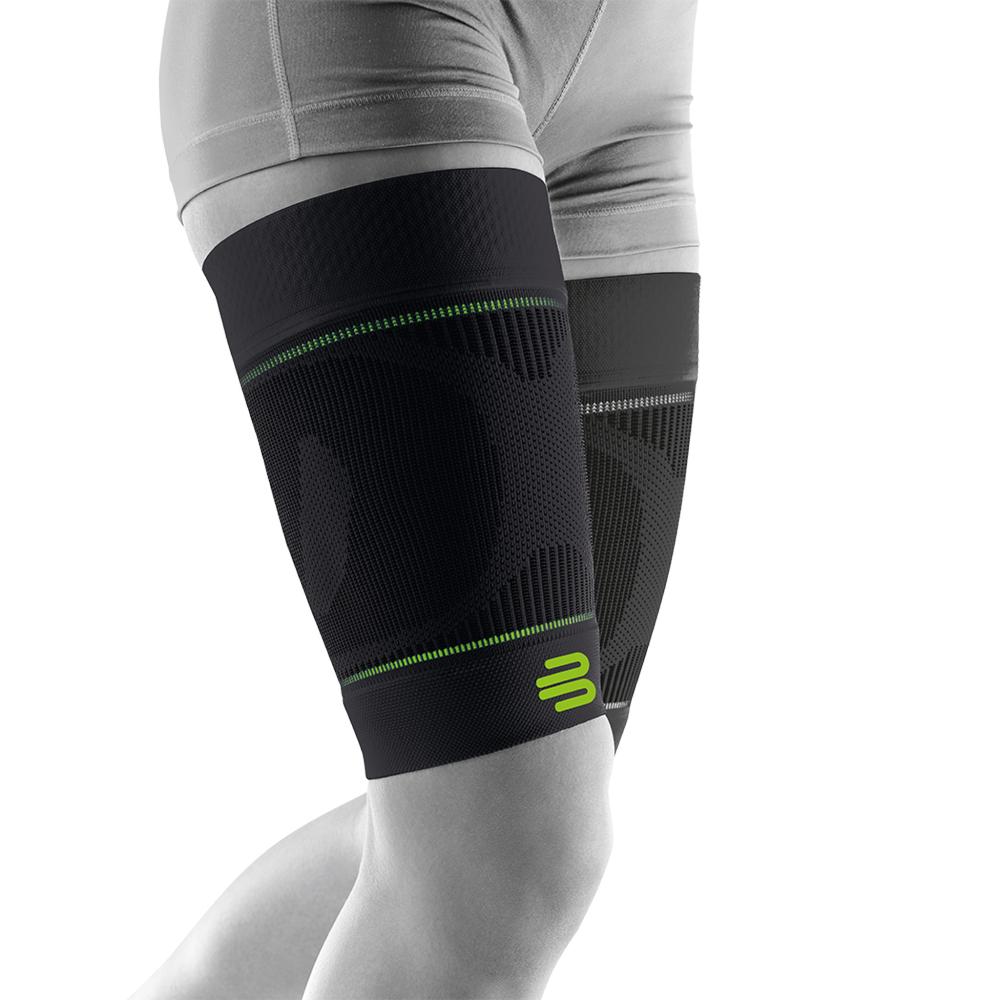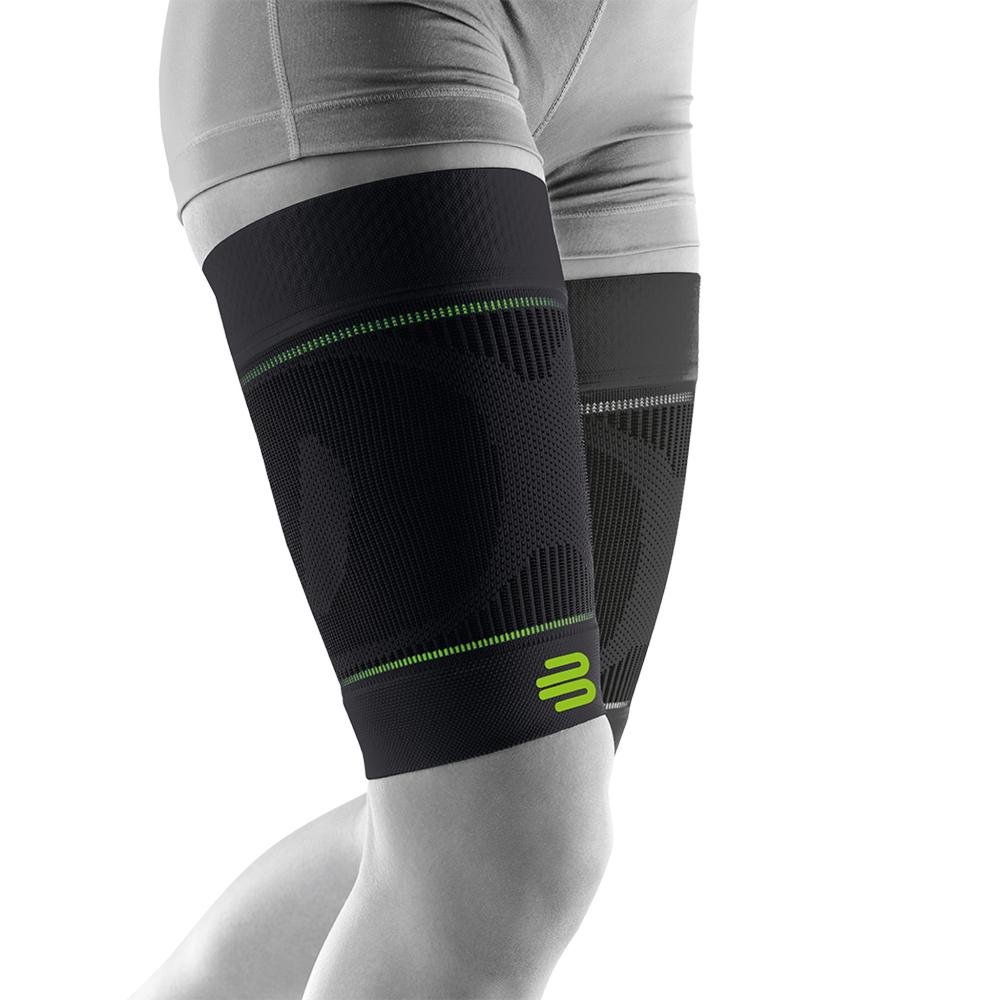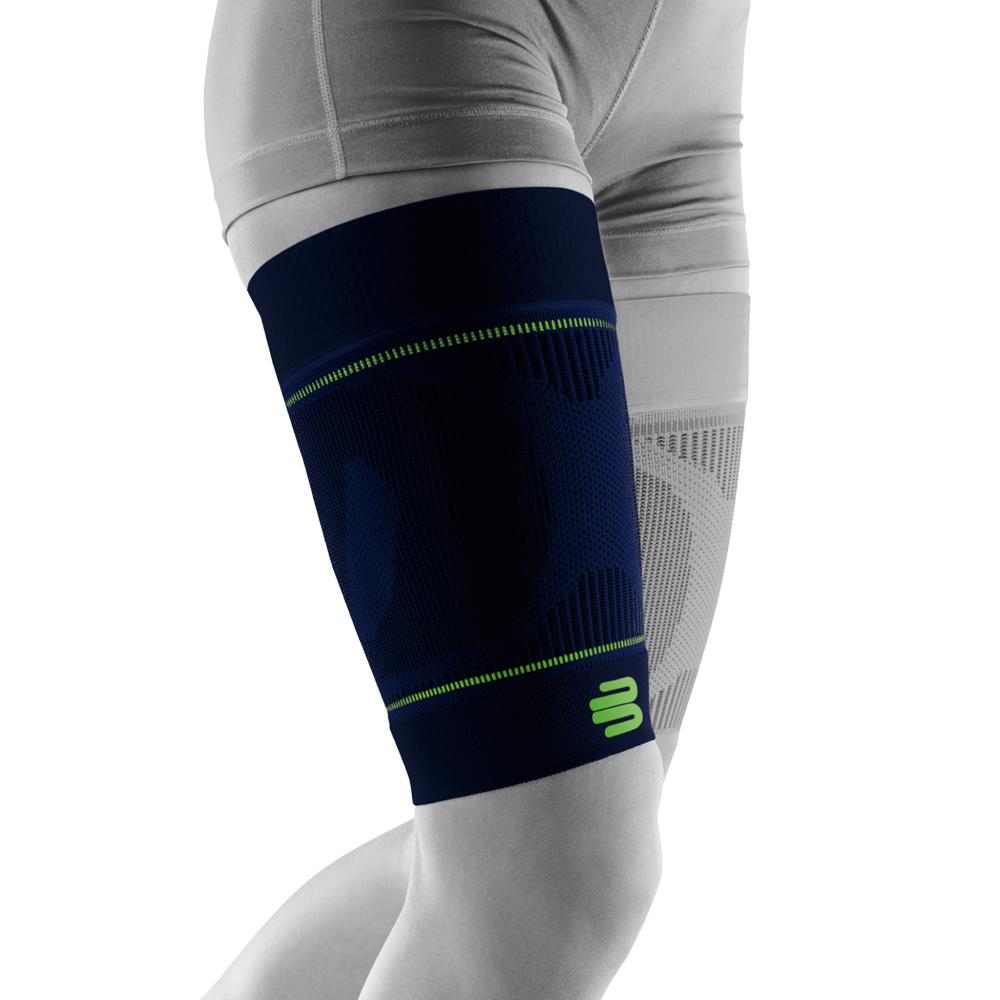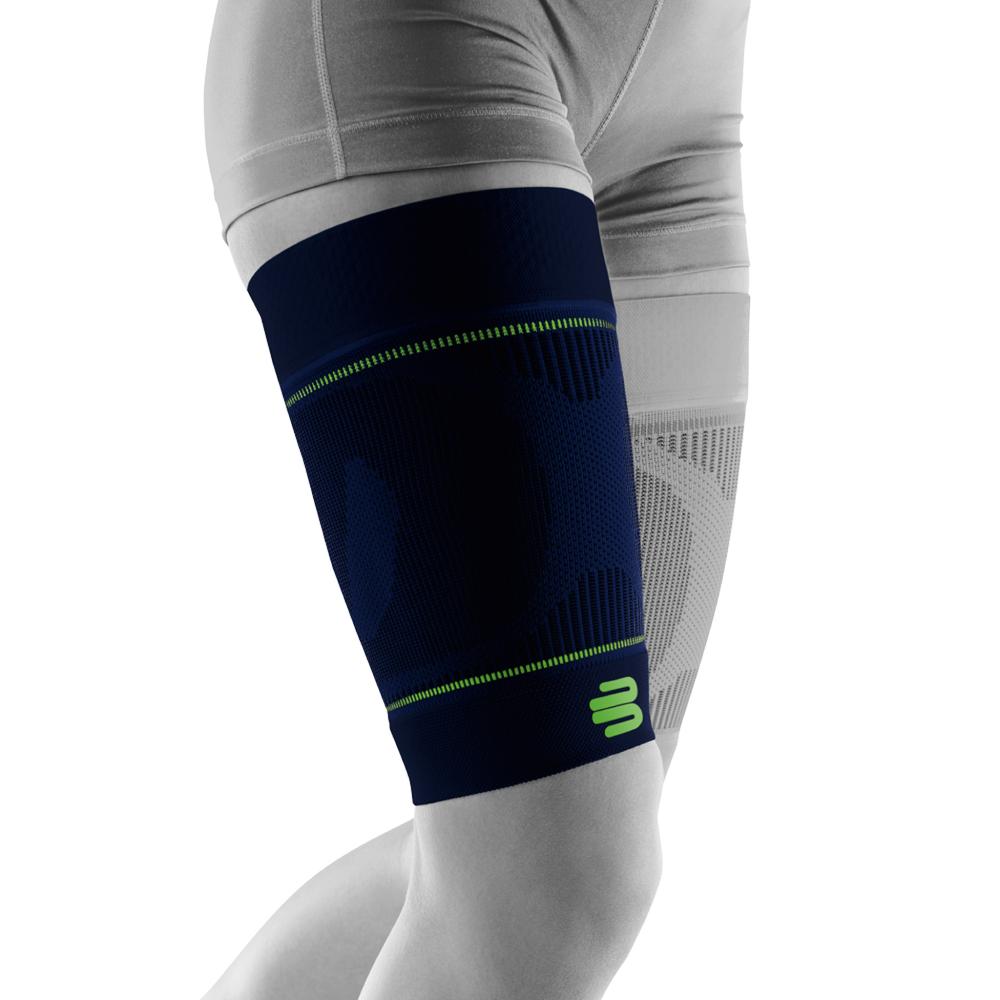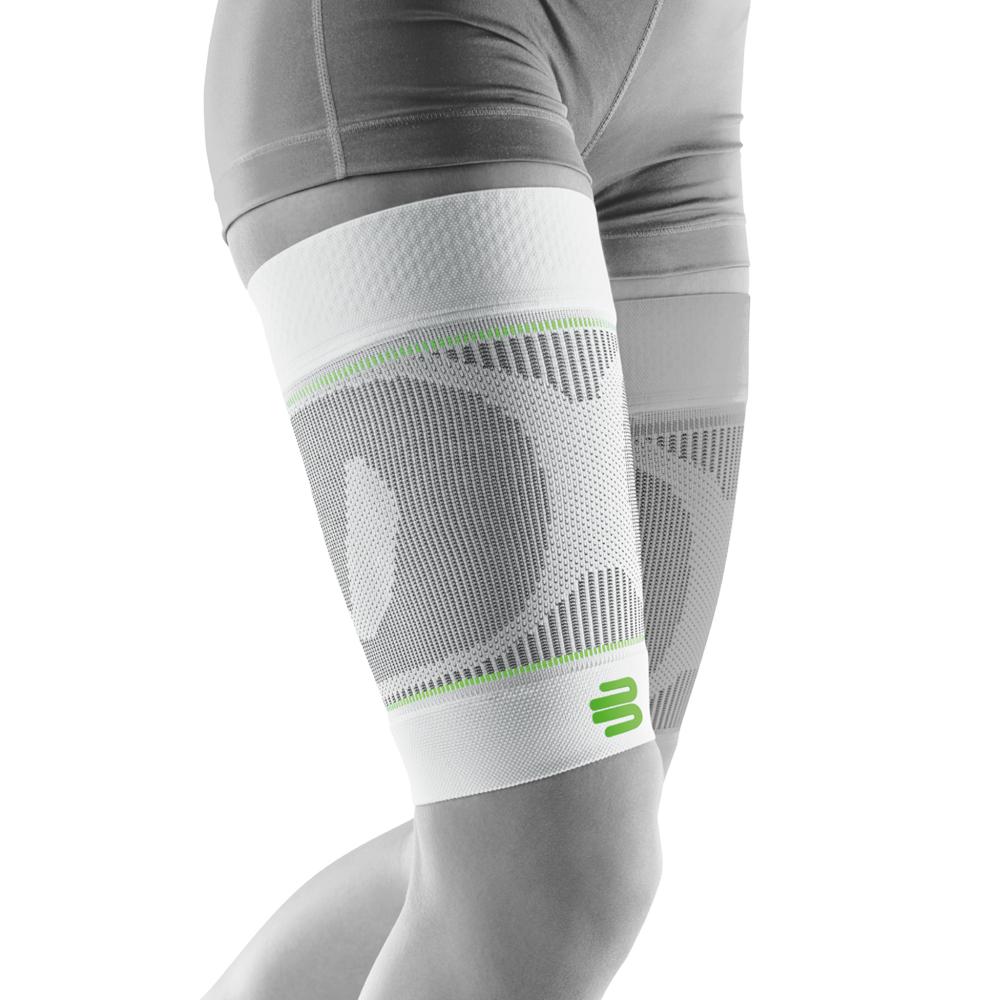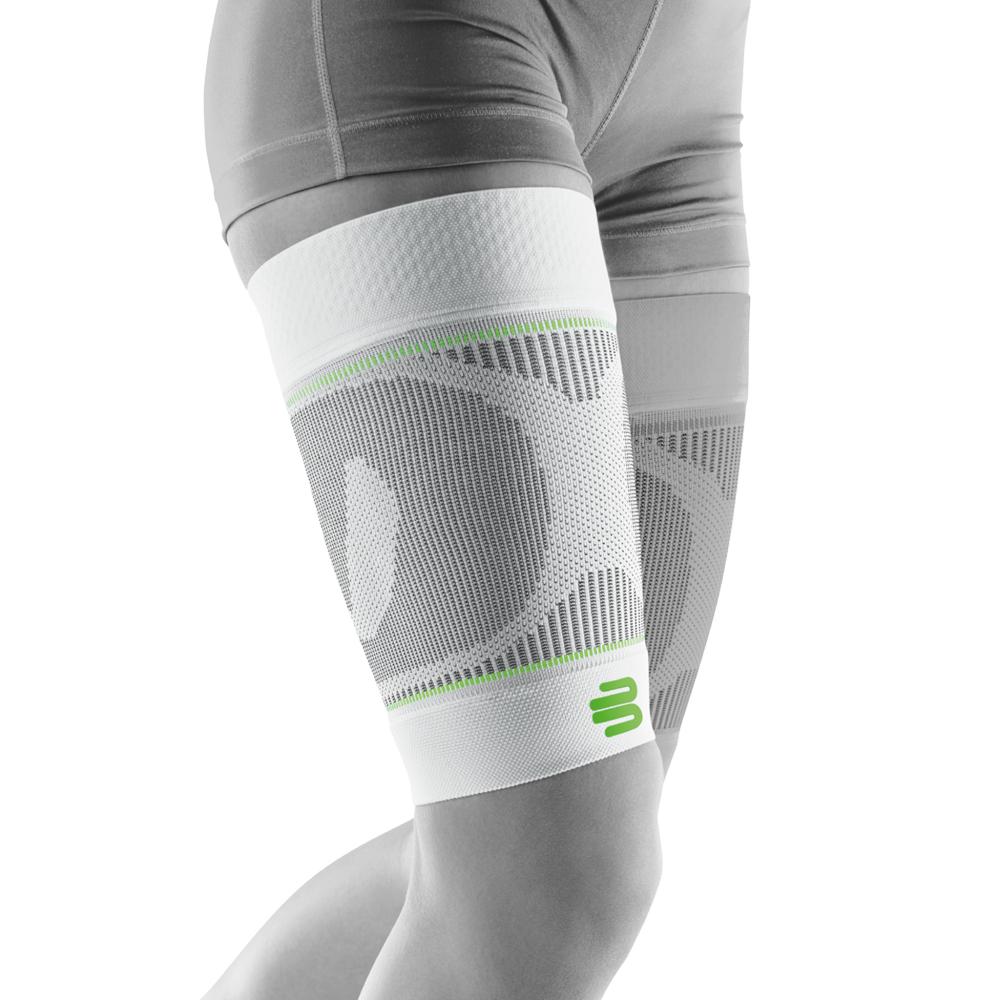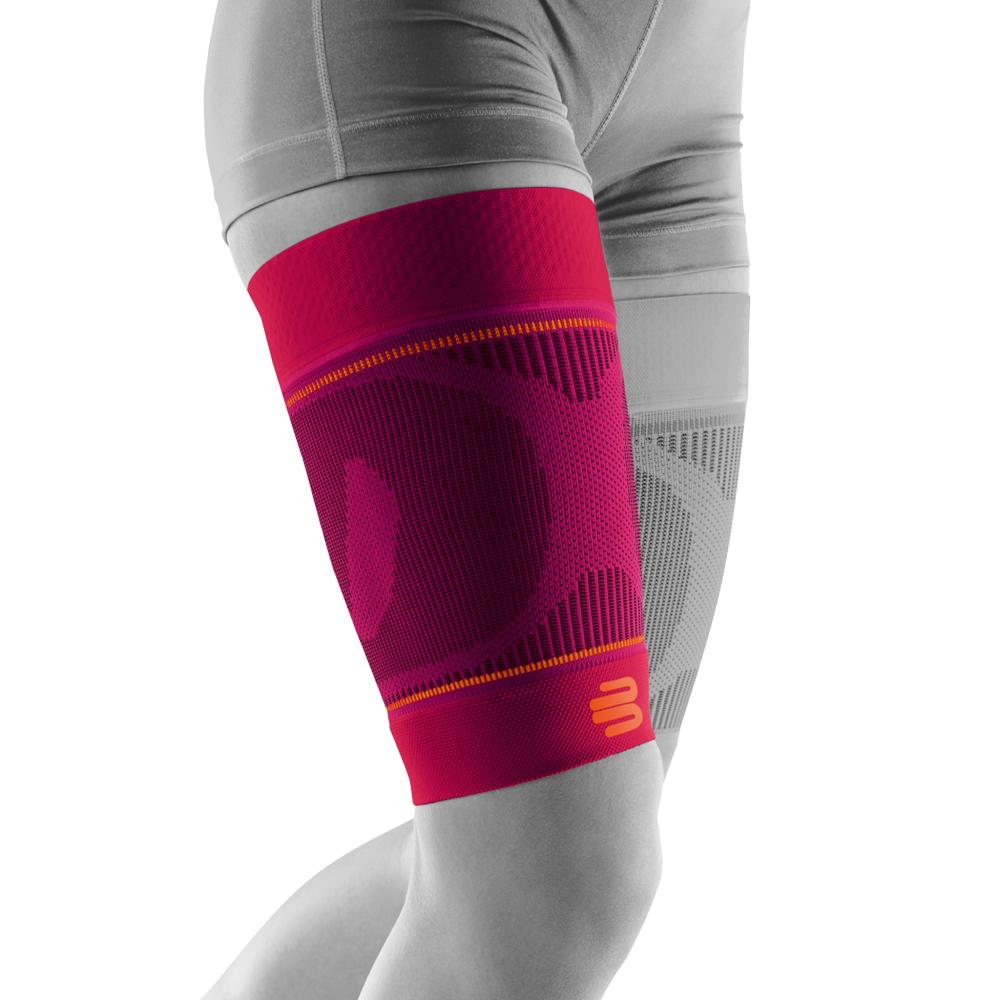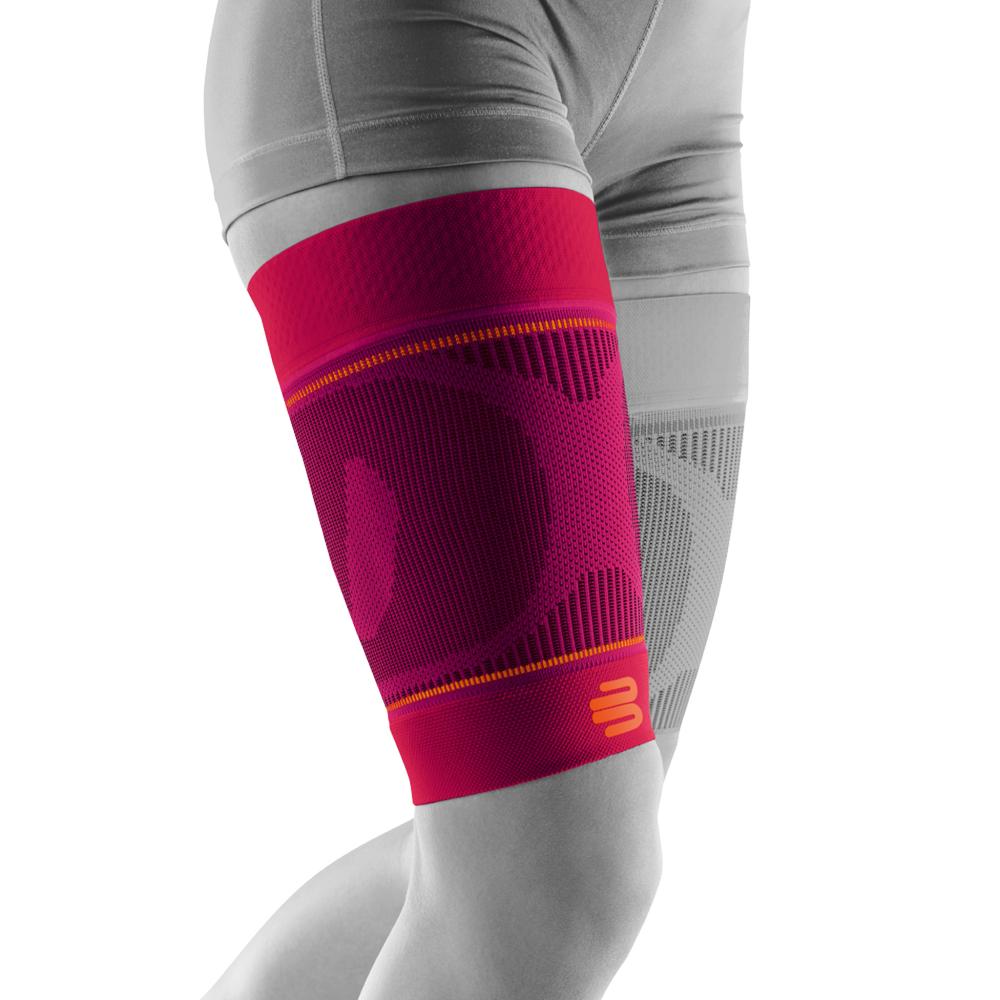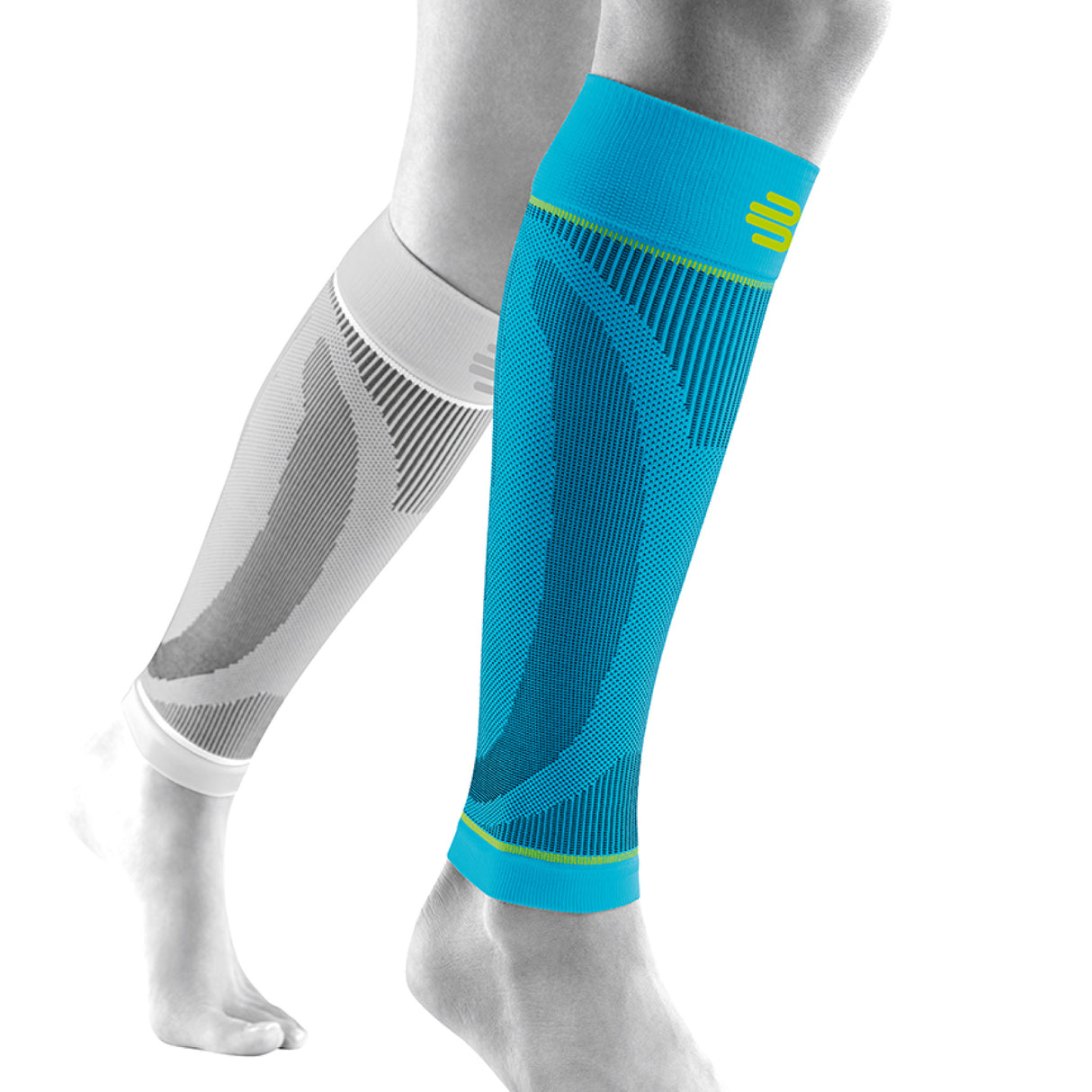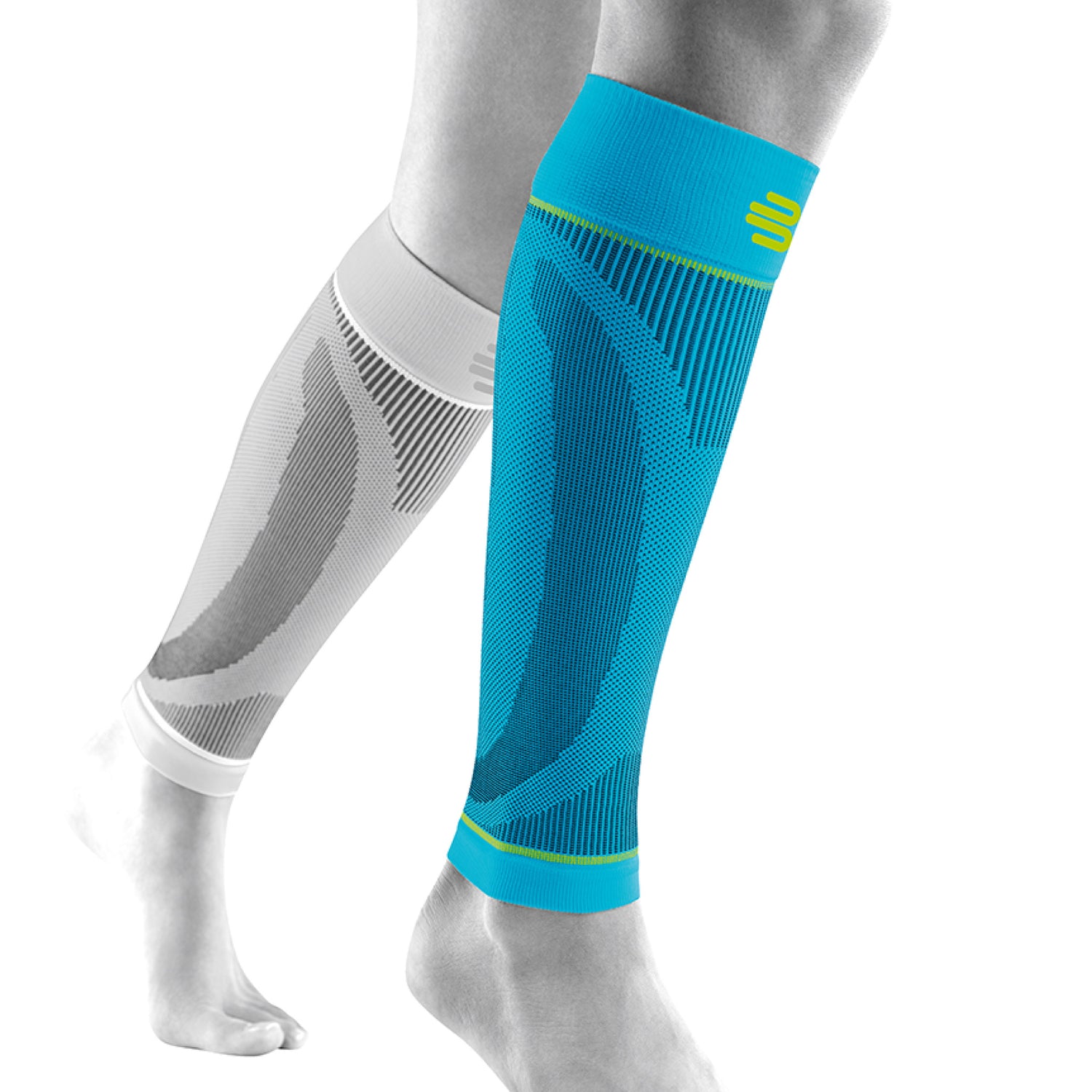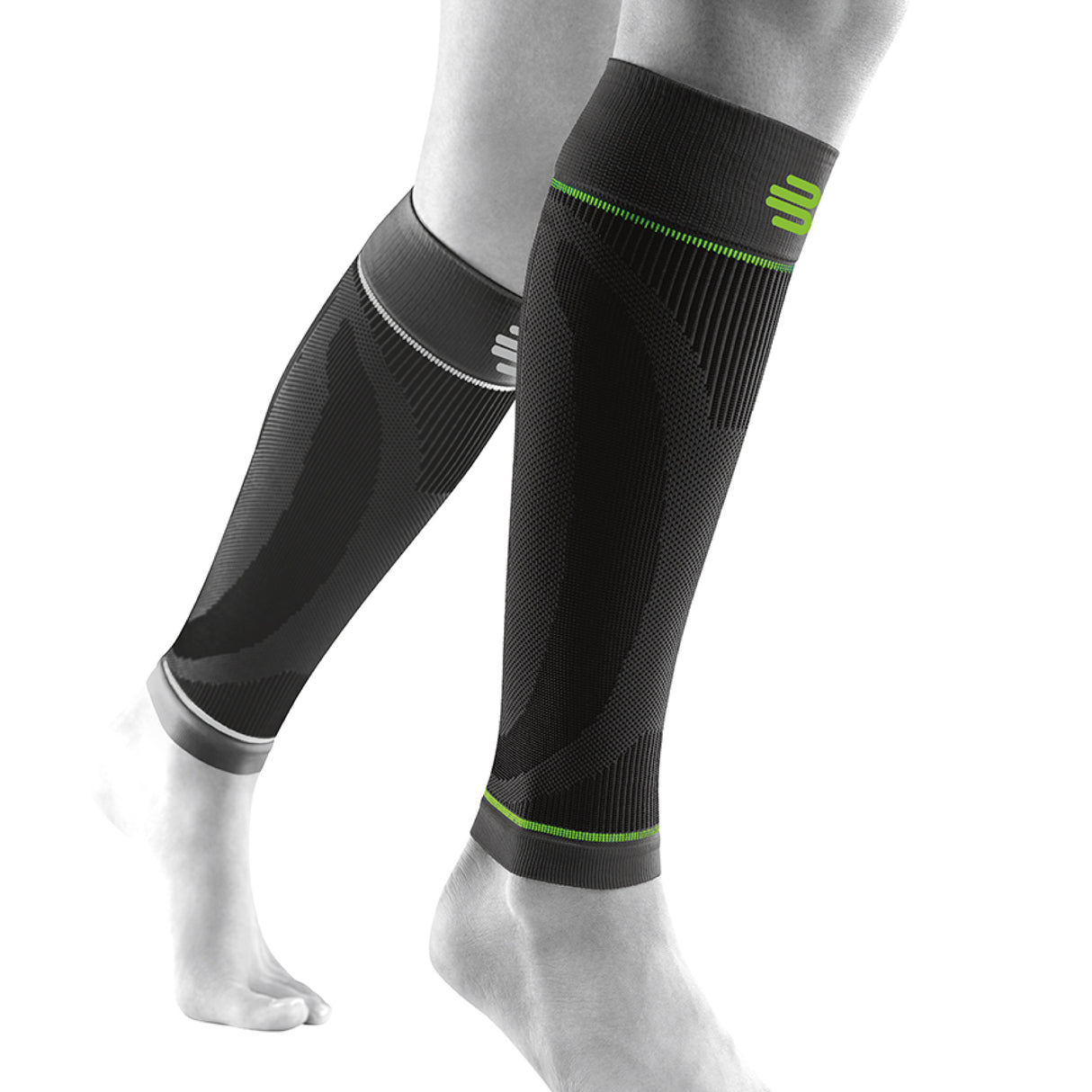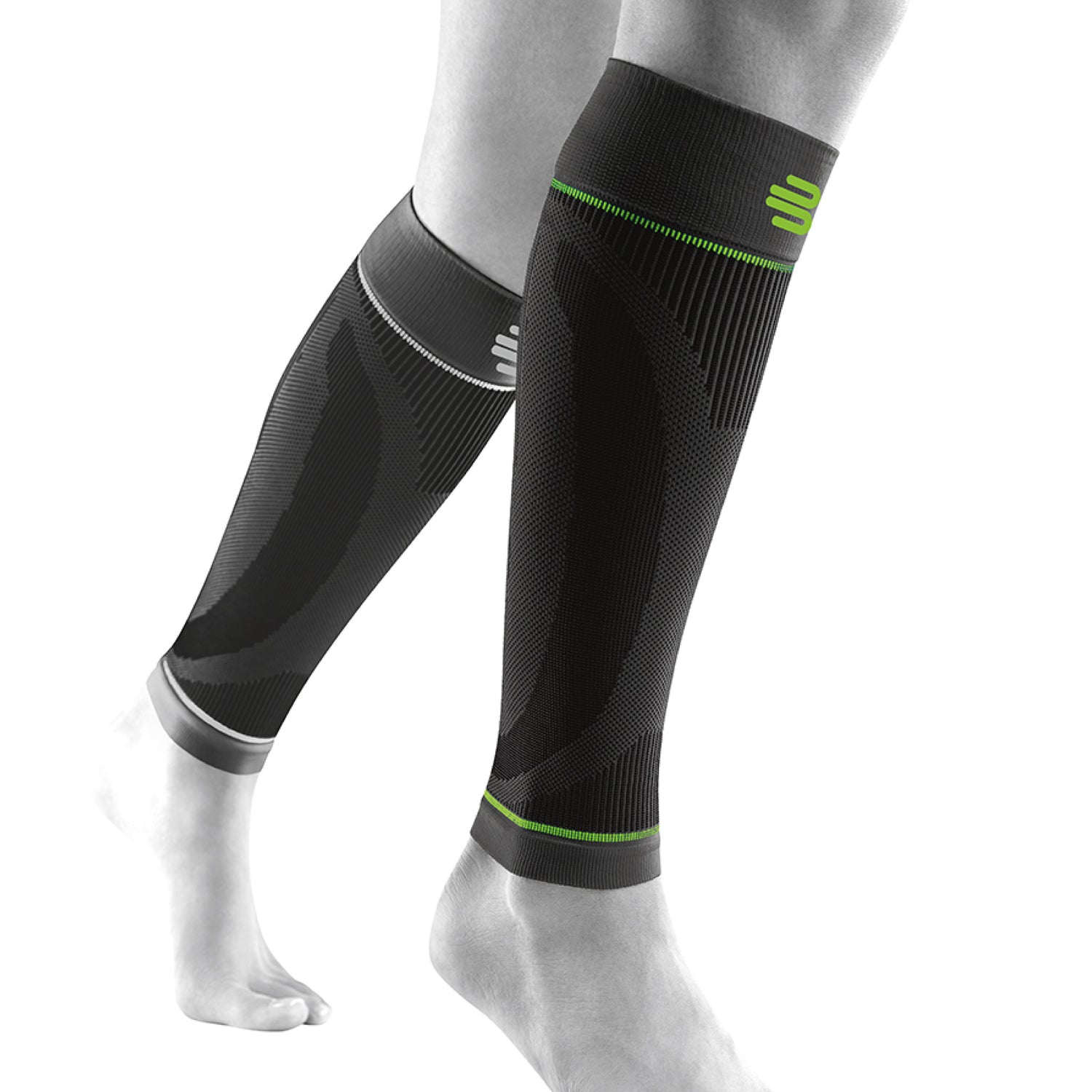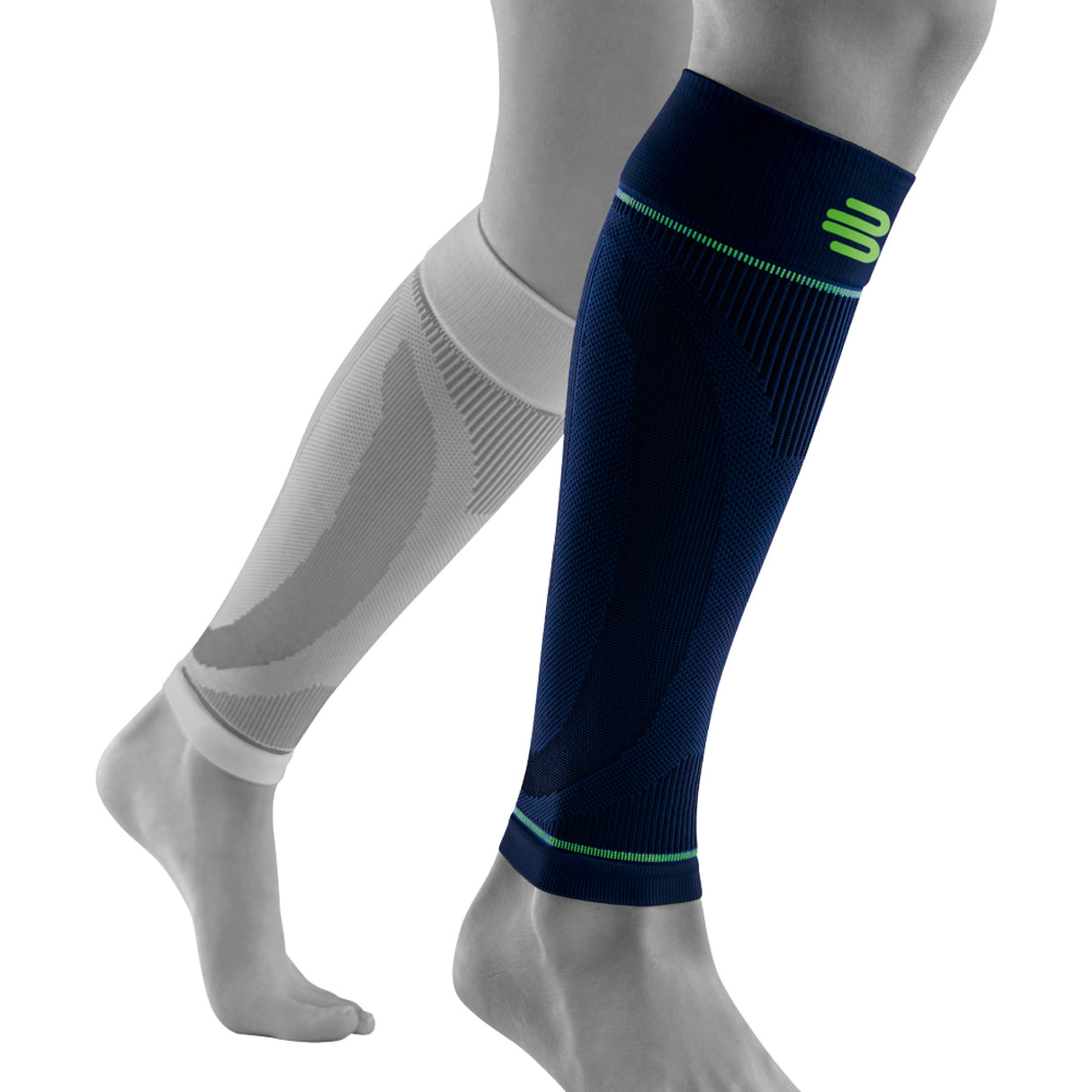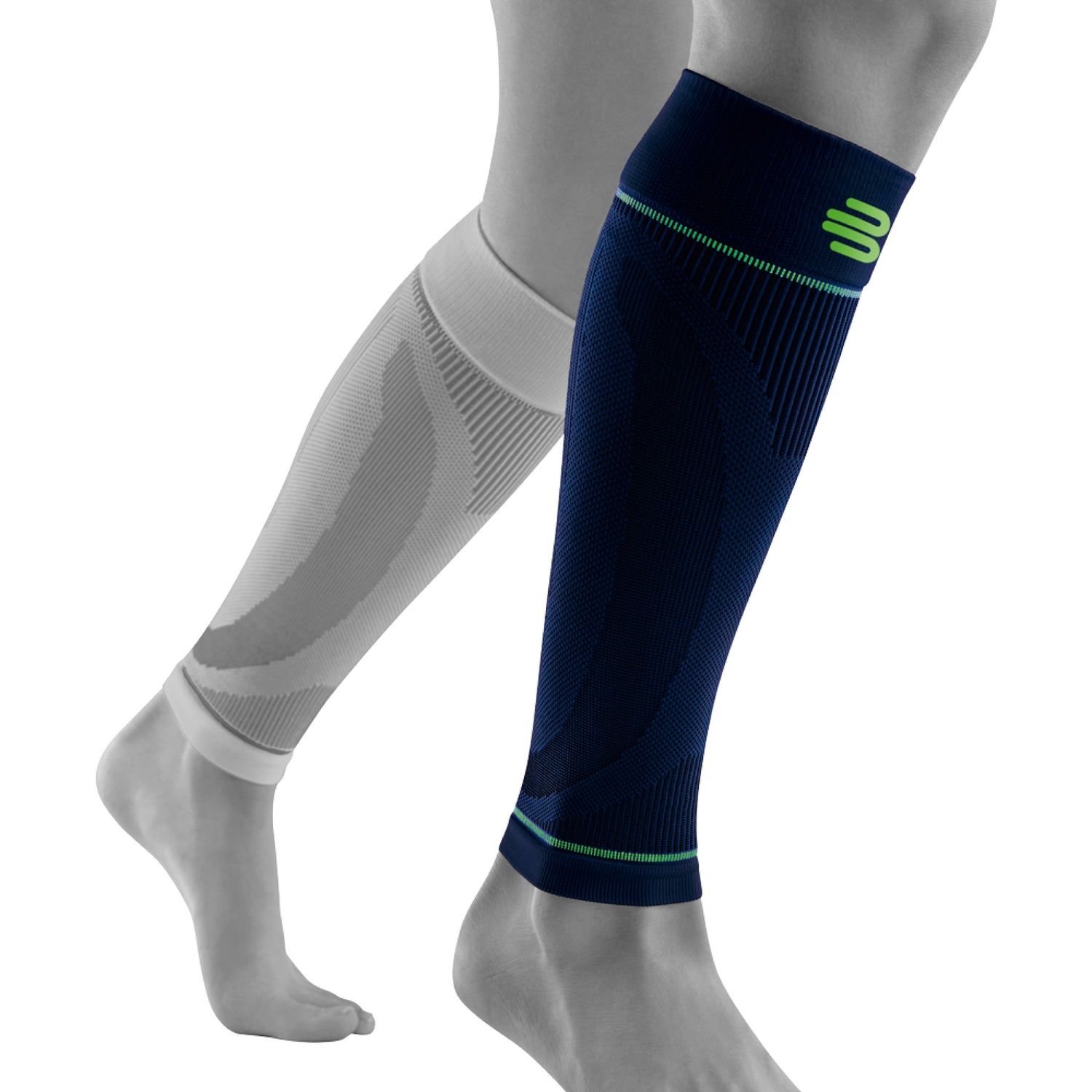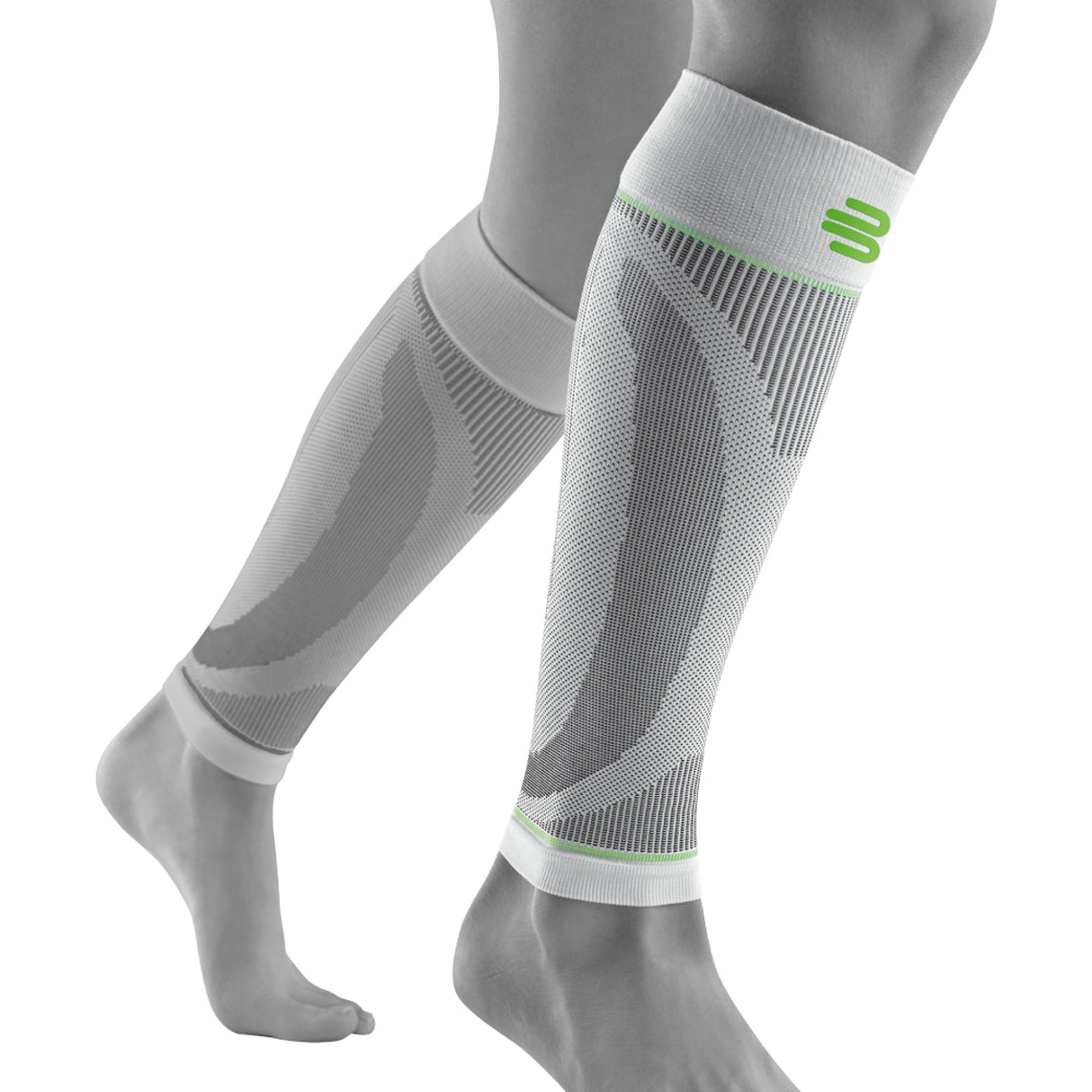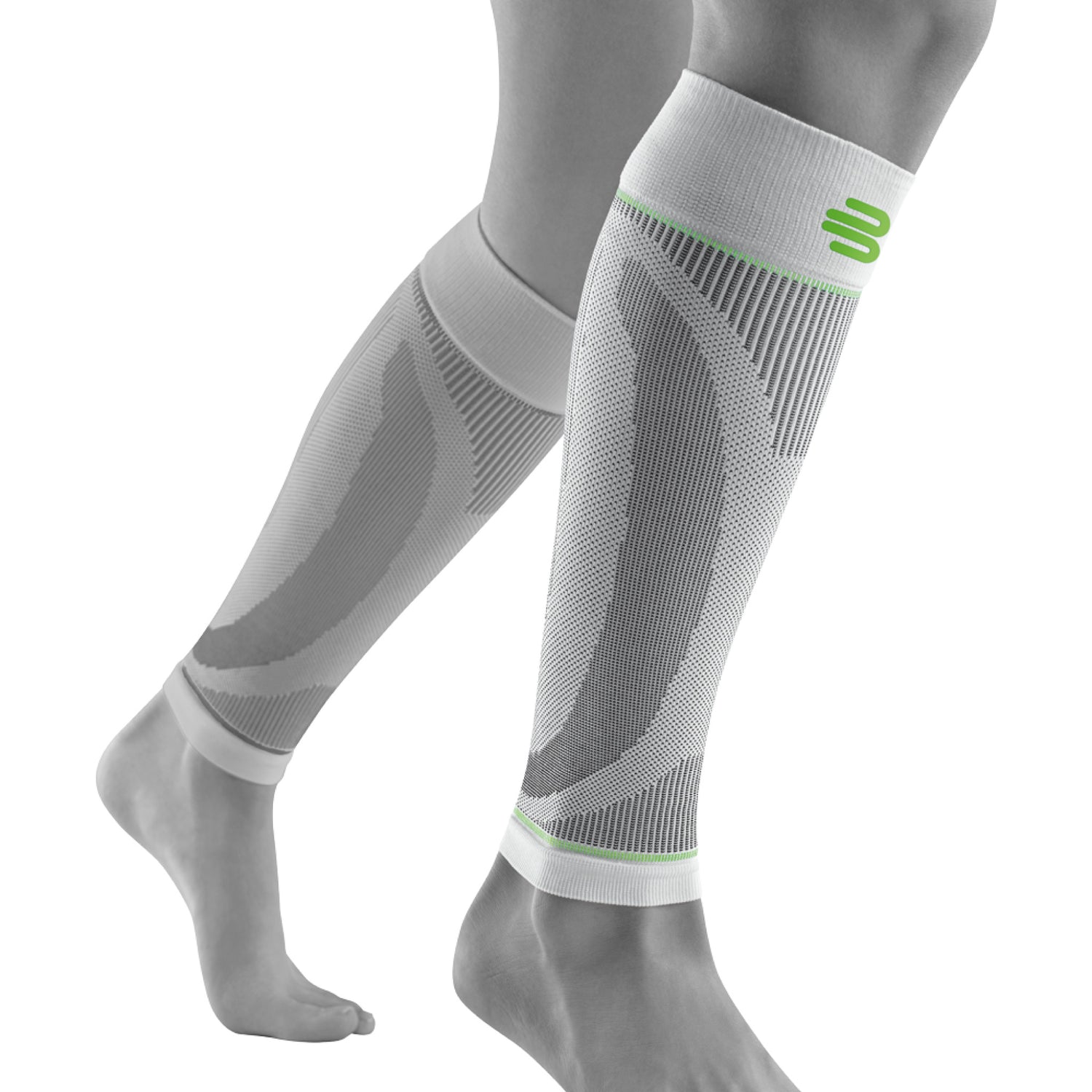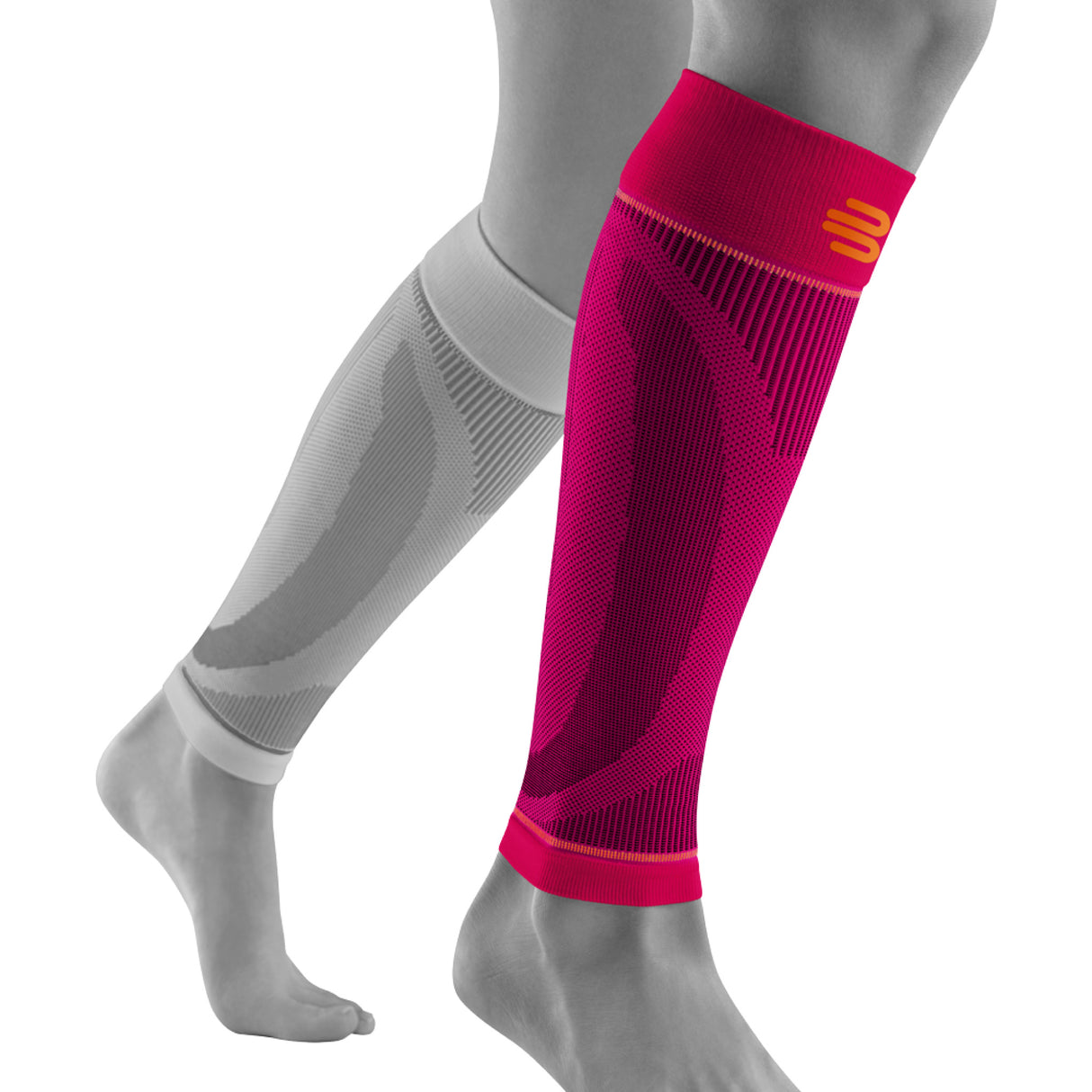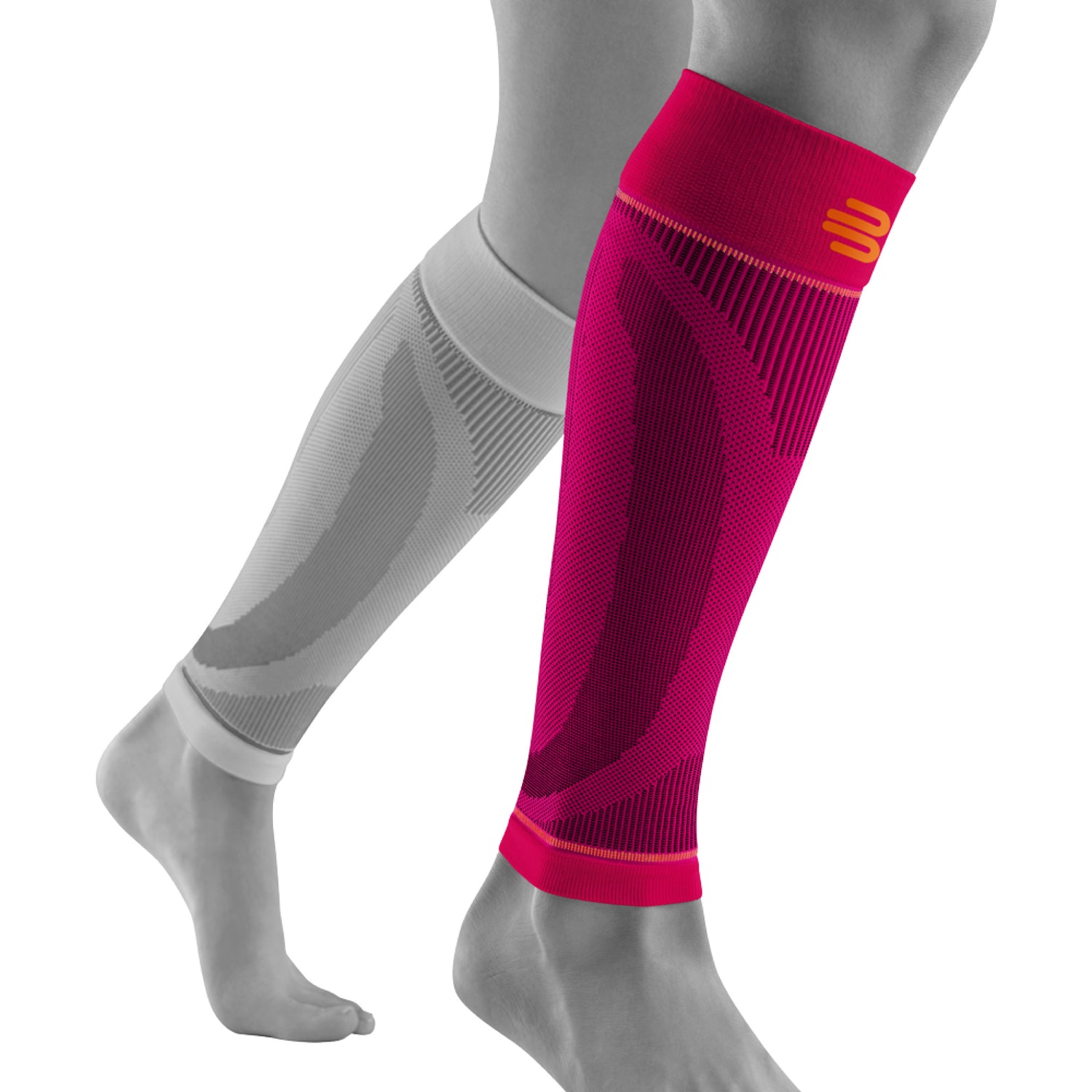Muscle pain is a common problem that many people face. The pain can affect any part of the body and can range from mild to very severe, limiting daily activities. In this blog article, we will look at the most common causes of muscle pain and effective solutions.
The most common causes of muscle pain:
- Overexertion: The most common cause of muscle pain is overexertion or inadequate warming up before exercise. This can lead to muscle microtrauma and inflammation.
- Injuries: Bruises, sprains, and other injuries can damage muscle tissue and cause pain.
- Muscle tension: Stress, poor posture, and sitting or standing in one position for long periods of time can cause muscle tension and pain.
- Dehydration: Not enough fluid in the body can cause muscle cramps and pain.
- Electrolyte imbalance: Electrolytes such as potassium, magnesium, and calcium are important for proper muscle function. Imbalances in these can cause muscle pain and cramps.
- Infections: Some infectious diseases, such as the flu, can cause muscle pain.
- Chronic diseases: Some chronic diseases, such as fibromyalgia and rheumatoid arthritis, can cause long-term muscle pain.
Solutions for relieving muscle pain:
- Rest: It is important to give your muscles time to rest and recover after exercise.
- Ice: After an injury or intense exercise, apply ice to the painful area to reduce inflammation and pain.
- Heat: Warm compresses or a bath can help relax muscles and reduce pain.
- Stretching: Regular stretching can help relieve muscle tension and improve flexibility.
- Compression clothing: Compression clothing can help improve circulation and reduce muscle soreness after exercise. Check out sports compression products here!
- Massage: Massage can help relax muscles and reduce pain.
- Physiotherapy: A physiotherapist can help develop an individualized exercise program and recommend other treatments.
- Painkillers: Over-the-counter painkillers such as ibuprofen or acetaminophen can help relieve pain. However, they should not be used long-term without consulting a doctor.
- Nutrition: Make sure your diet includes enough protein, vitamins, and minerals for muscle health. Drink enough water to avoid dehydration.
When to see a doctor:
- If muscle pain is very severe or lasts more than a few days.
- If the pain is accompanied by other symptoms, such as swelling, redness, fever, or limited range of motion.
Prevention:
- Always warm up before training and cool down after training.
- Use sports compression during training.
- Gradually increase the load during training.
- Pay attention to proper posture and ergonomics.
- Engage in regular physical activity to maintain muscle tone.
- Get enough rest and avoid stress.
Please note that this information is for general informational purposes only and is not a substitute for medical advice. If you are experiencing severe muscle pain, please consult a doctor or physical therapist.















